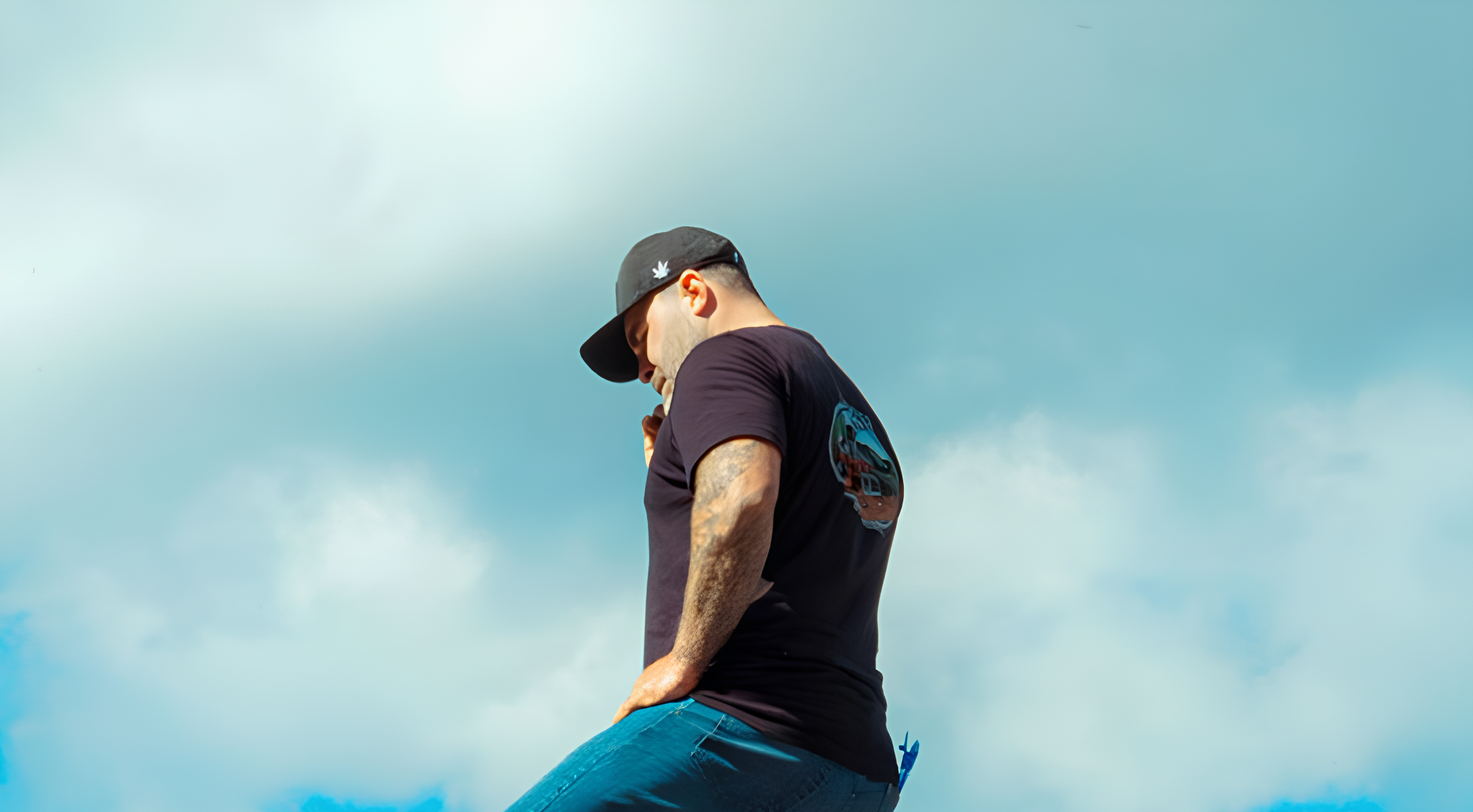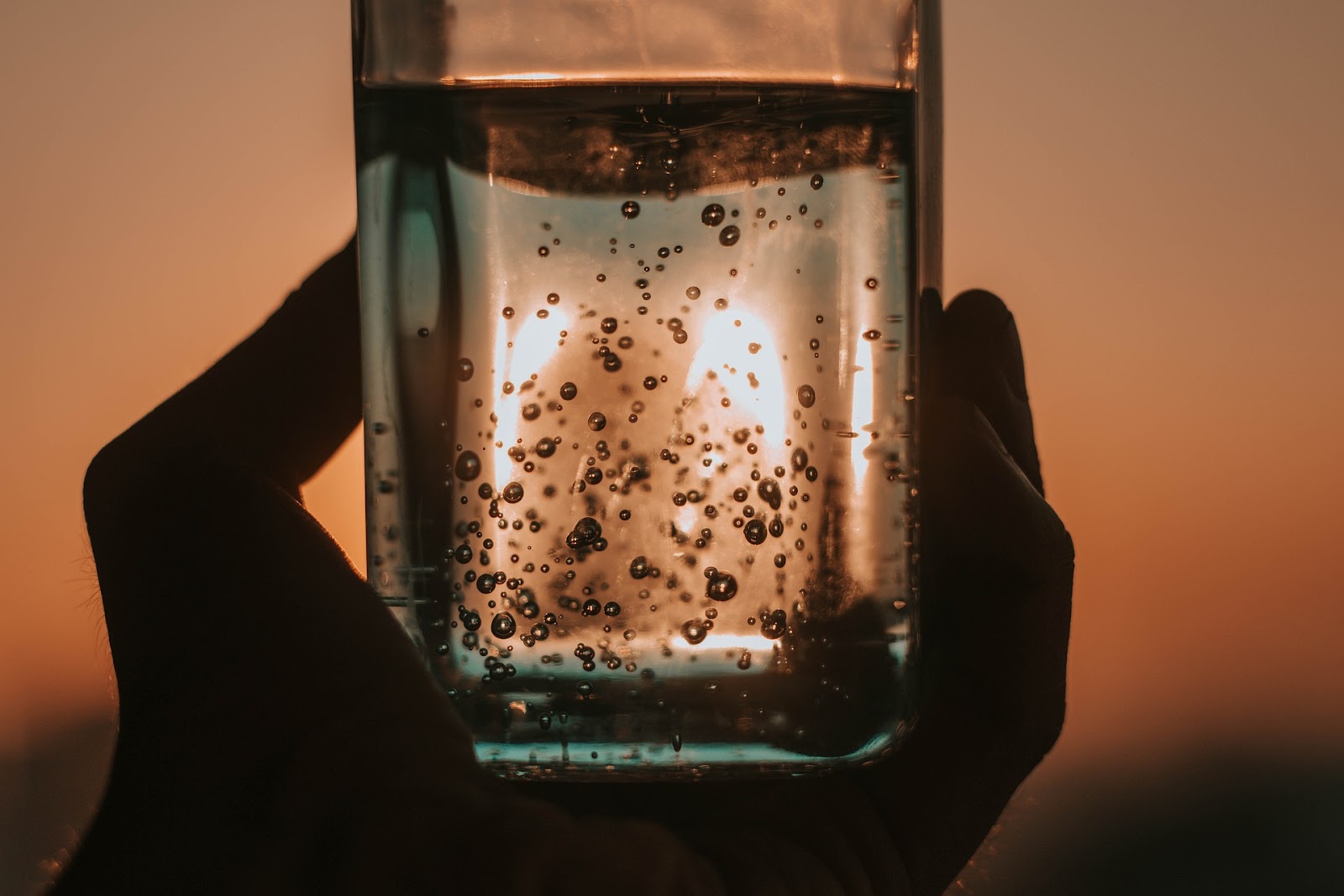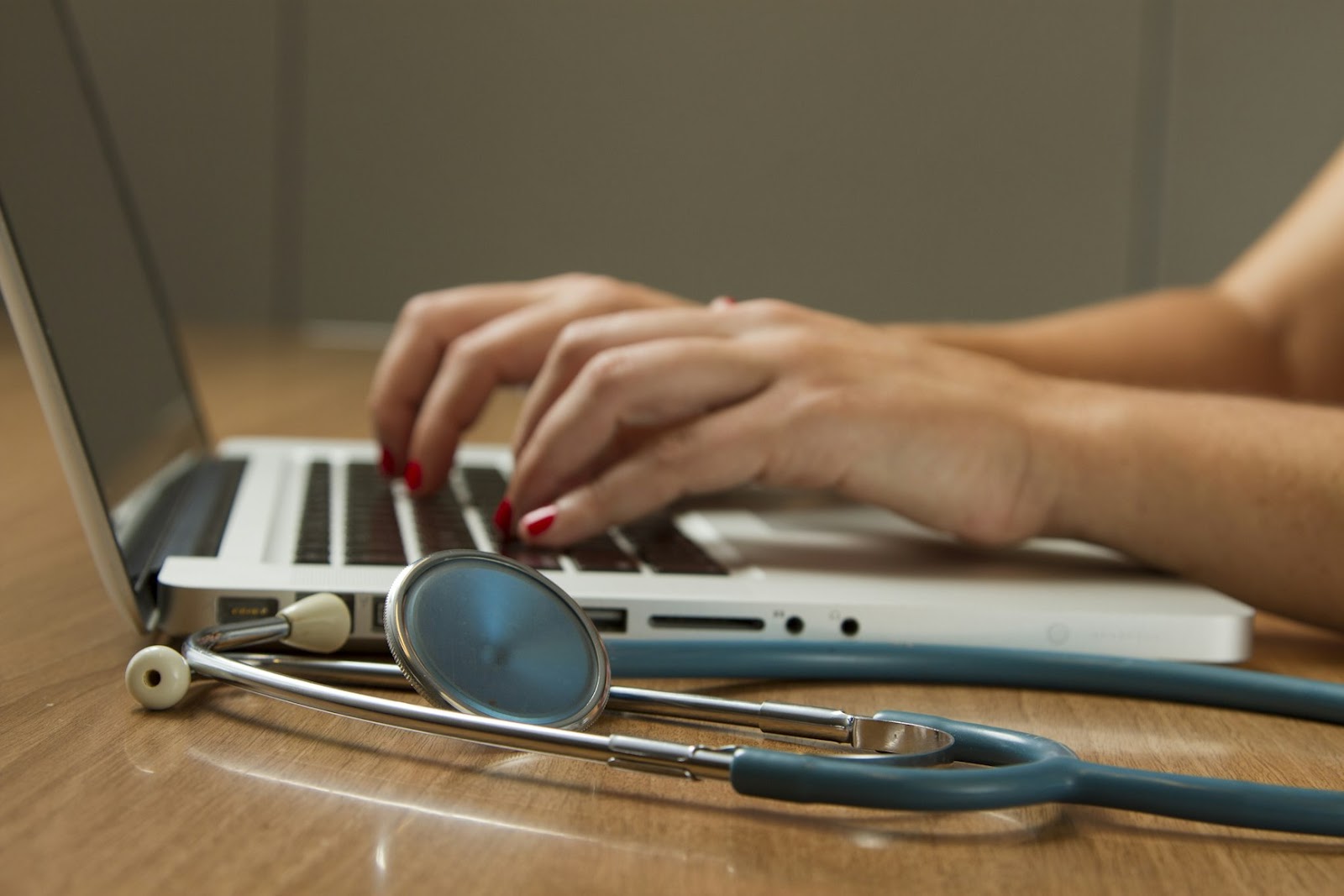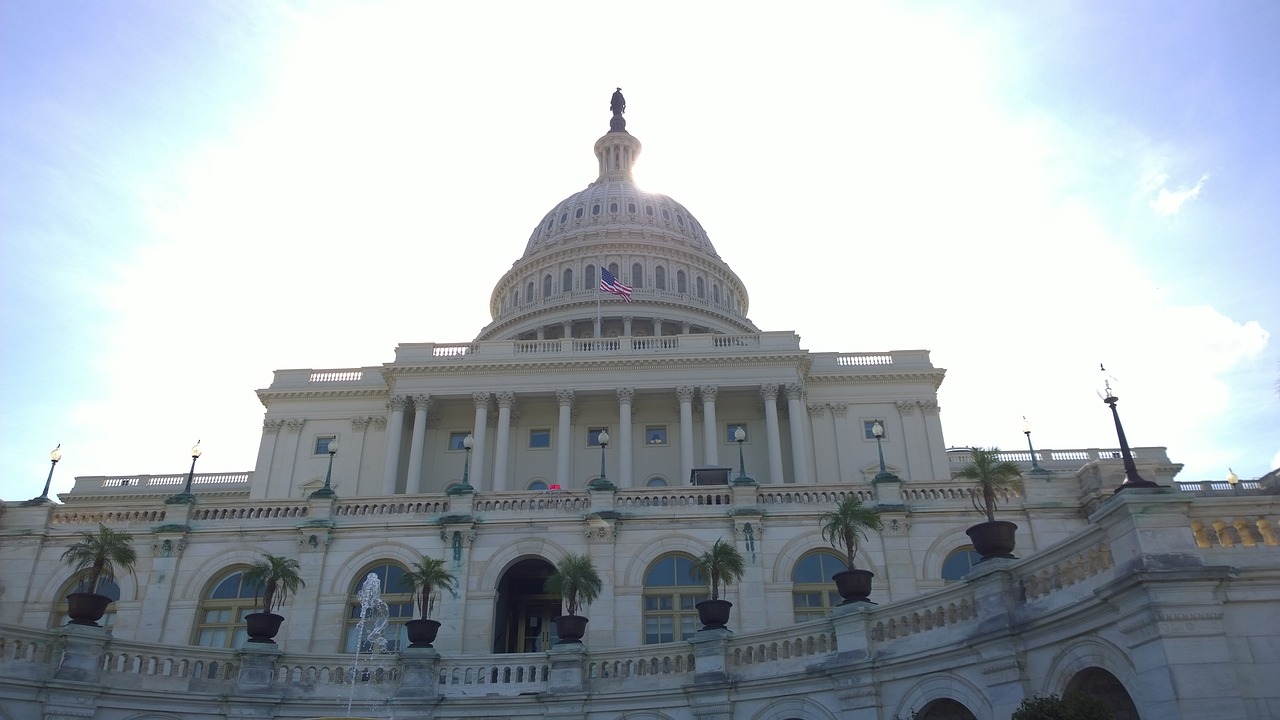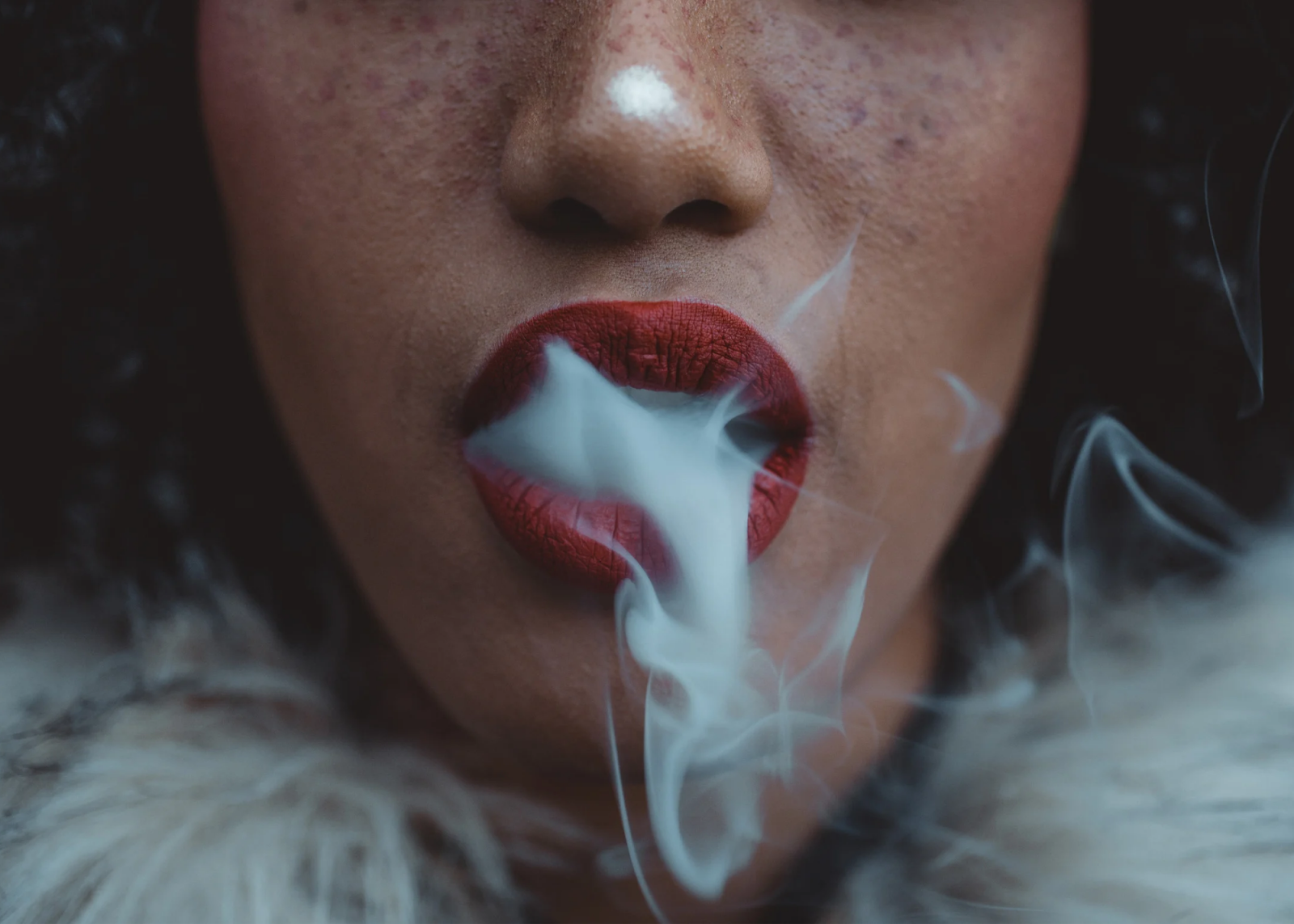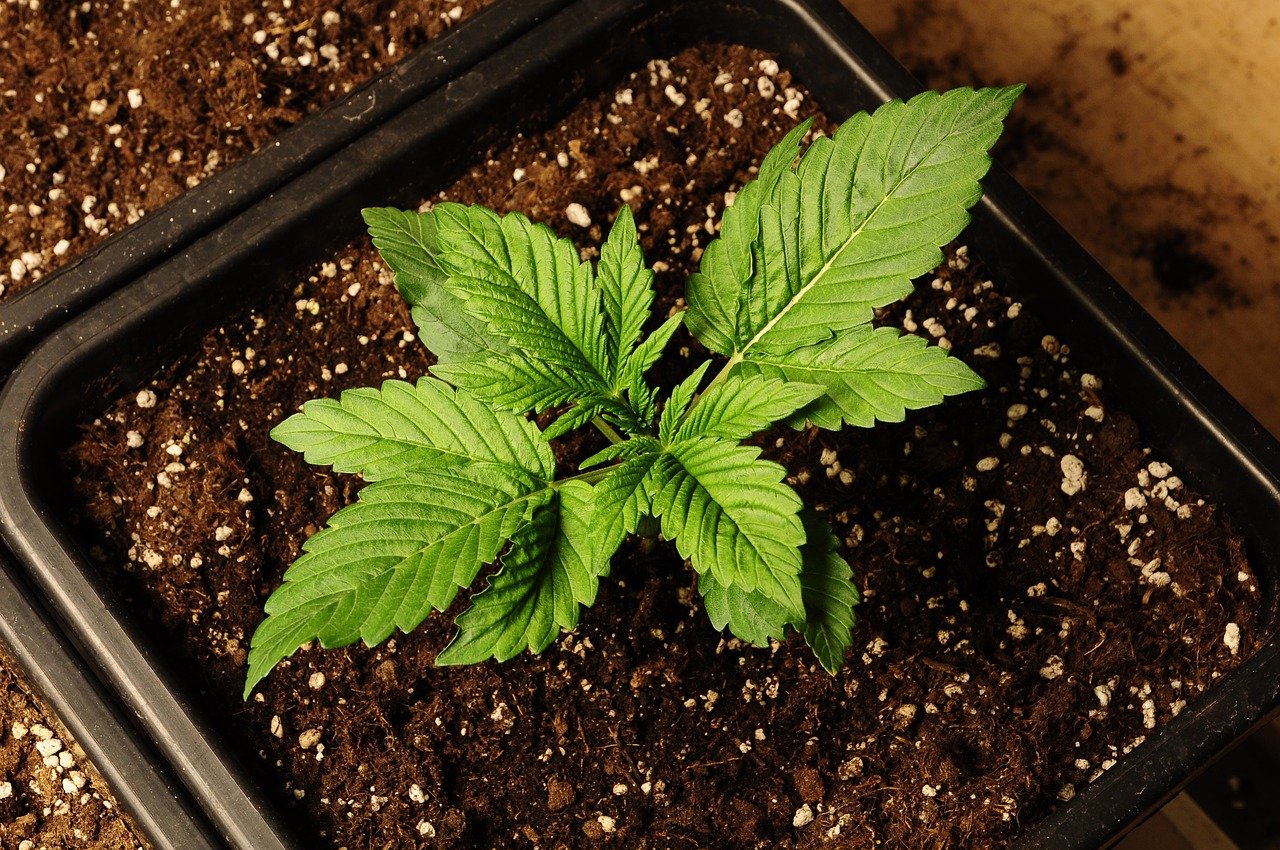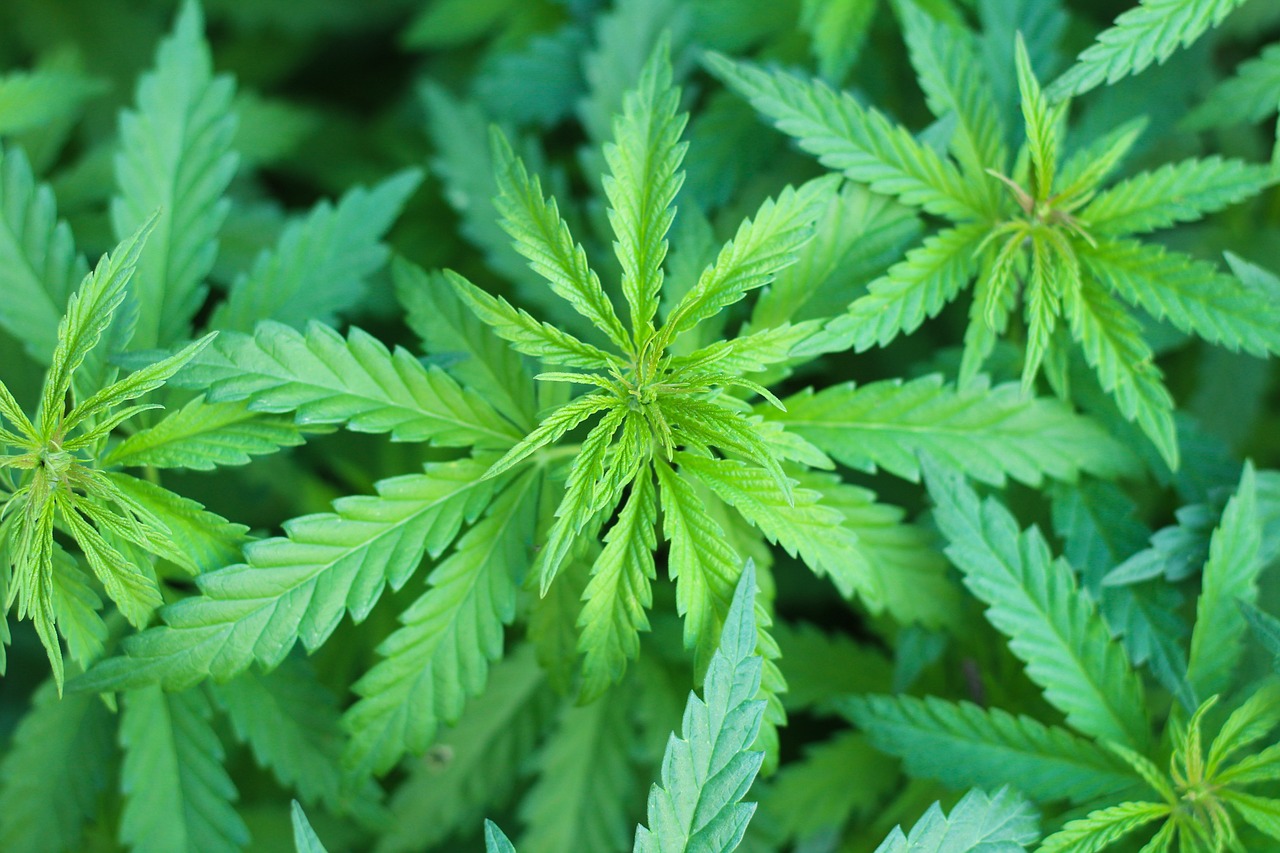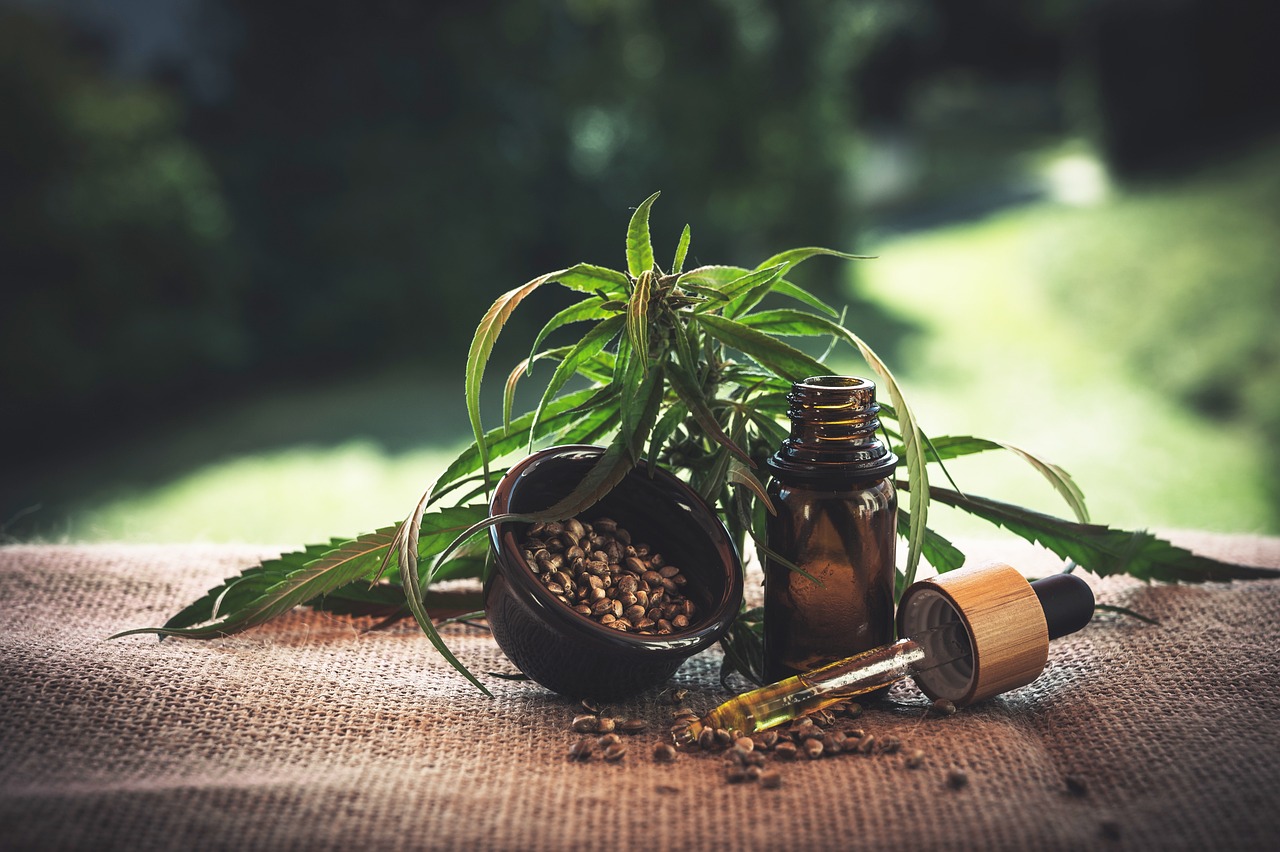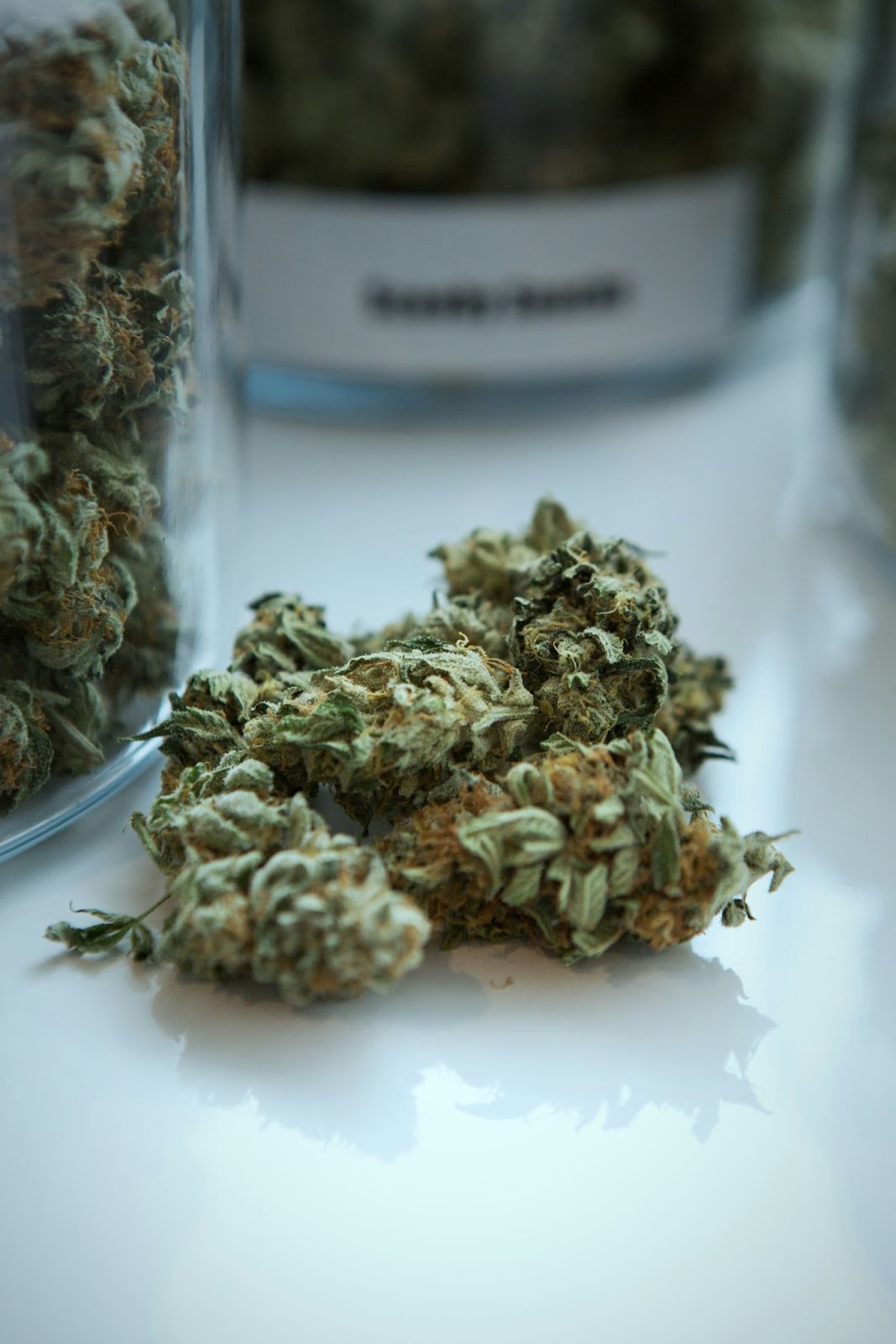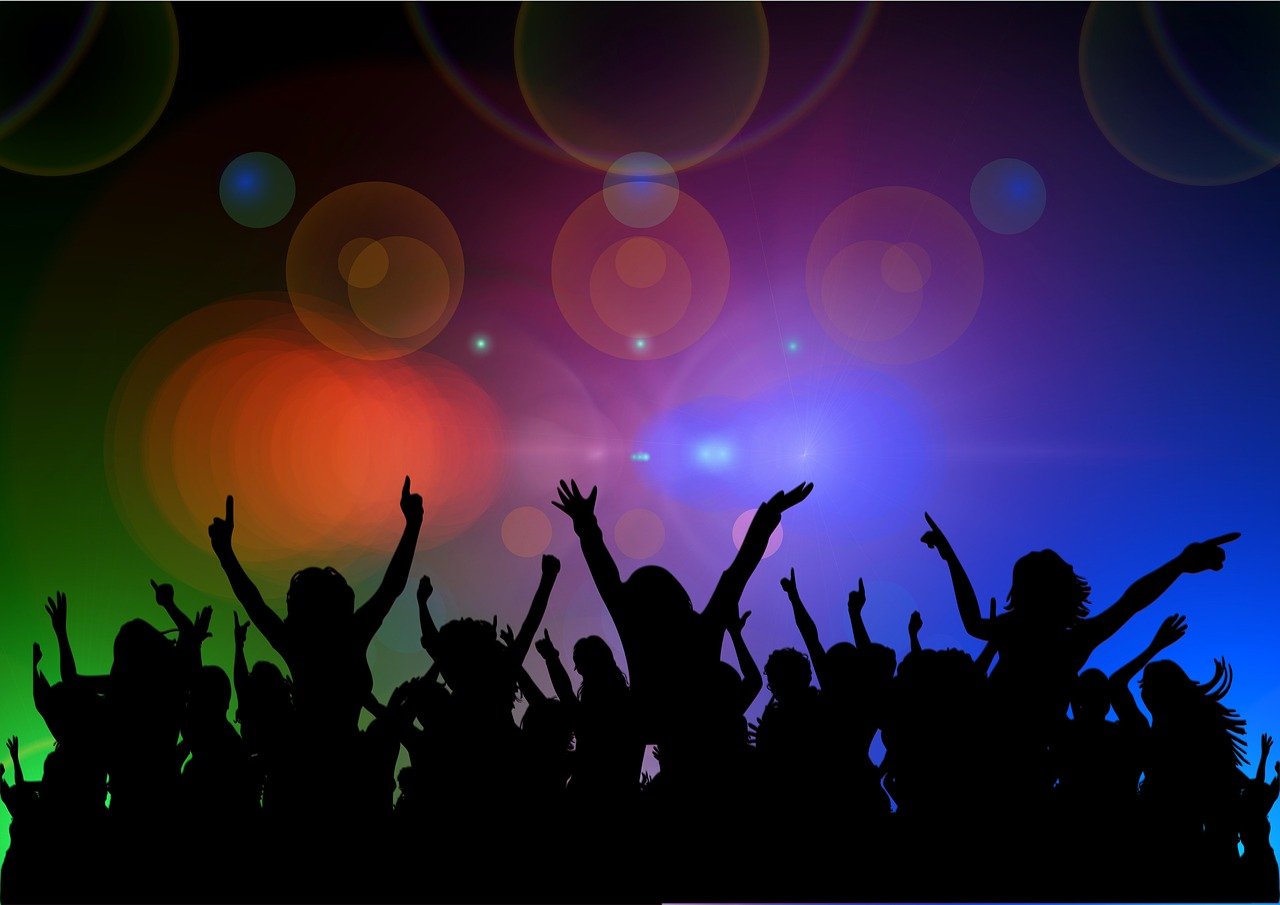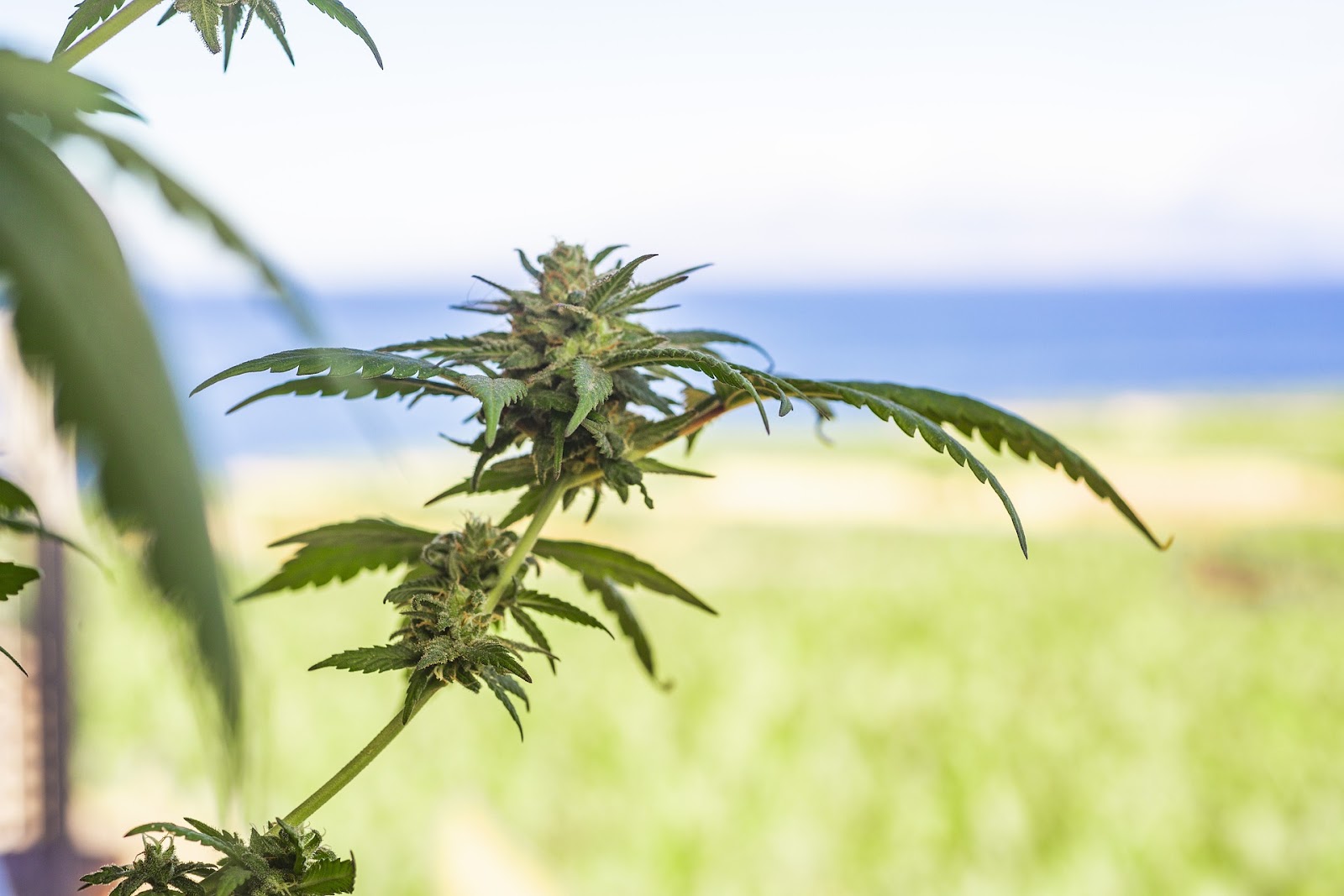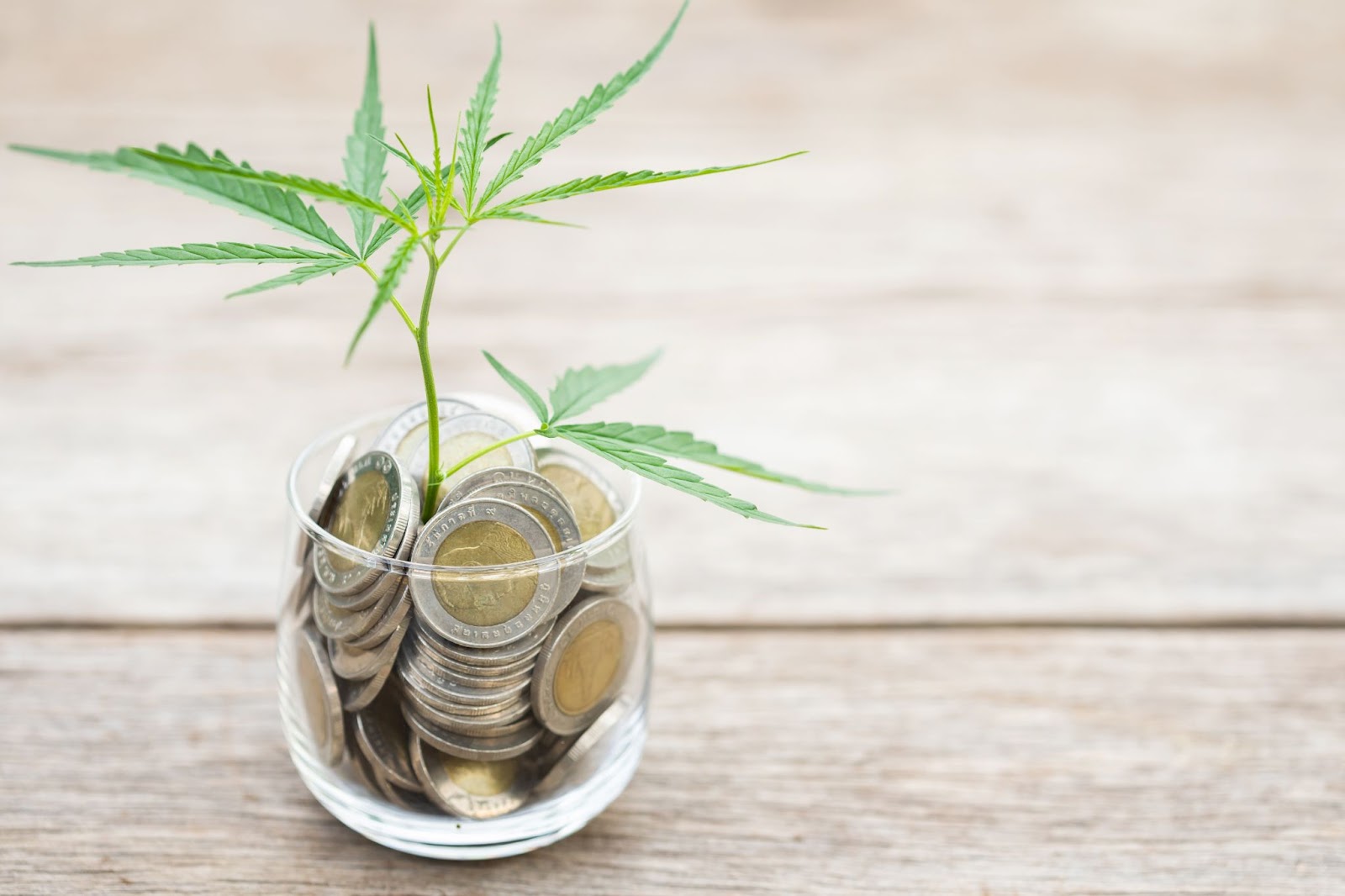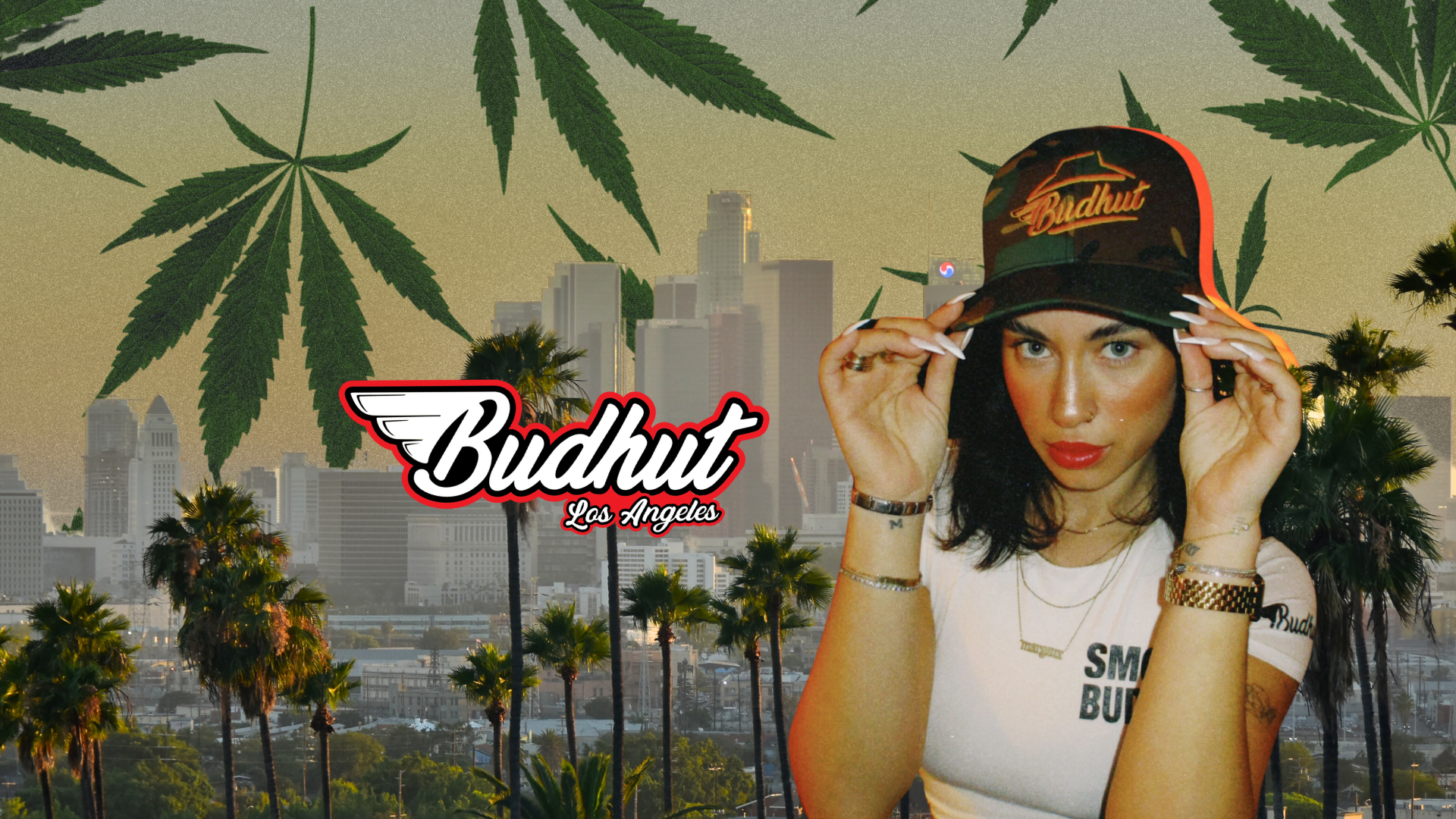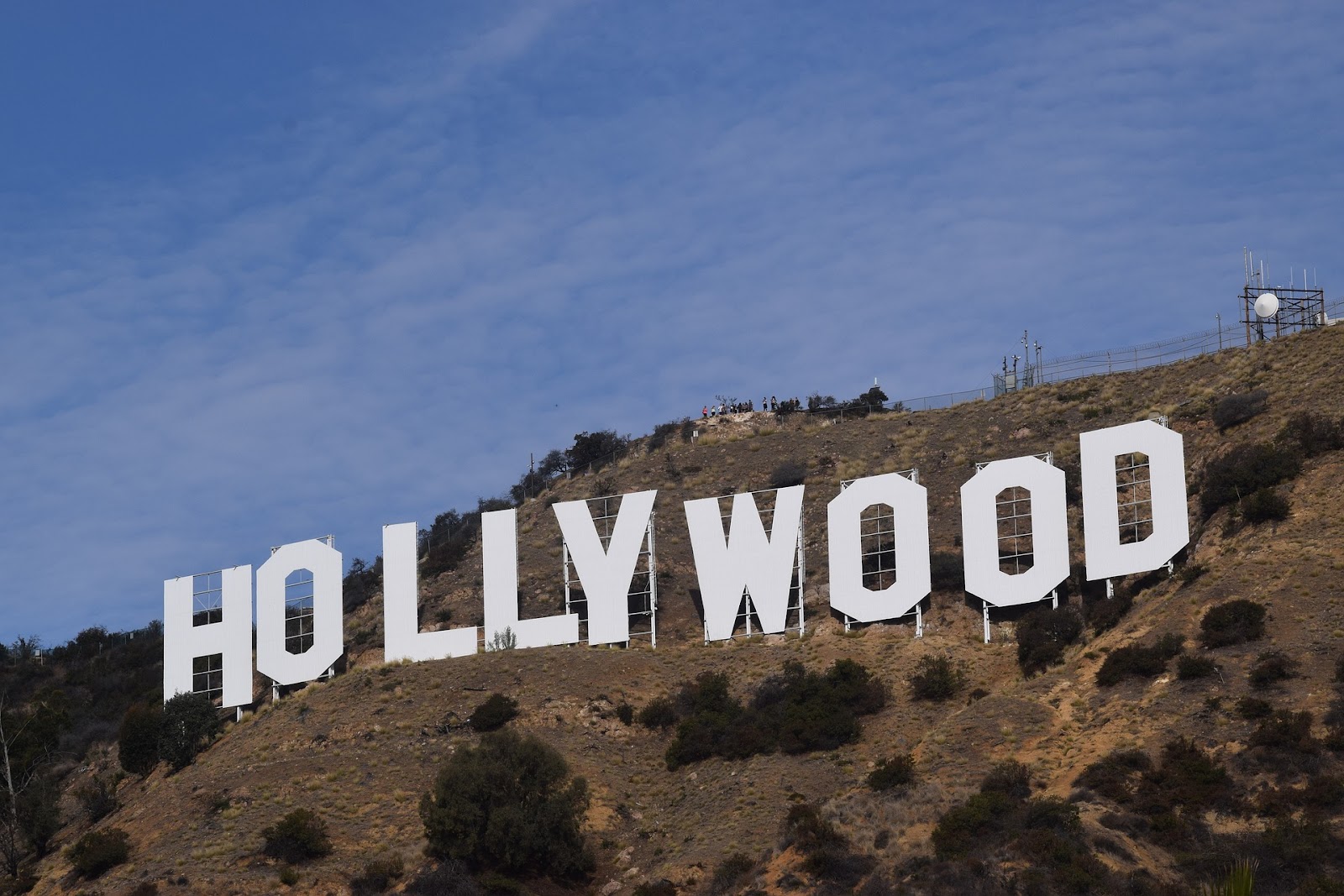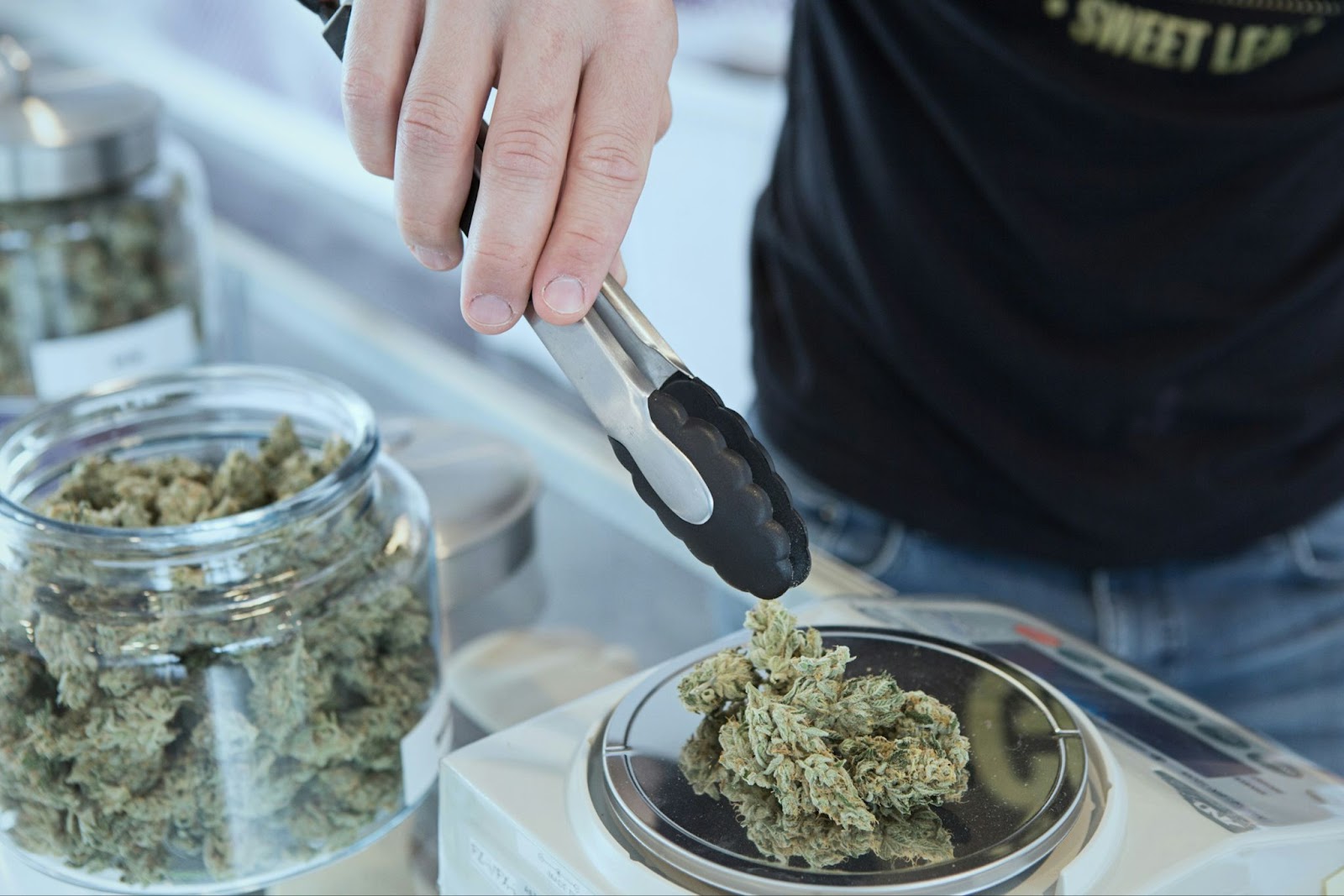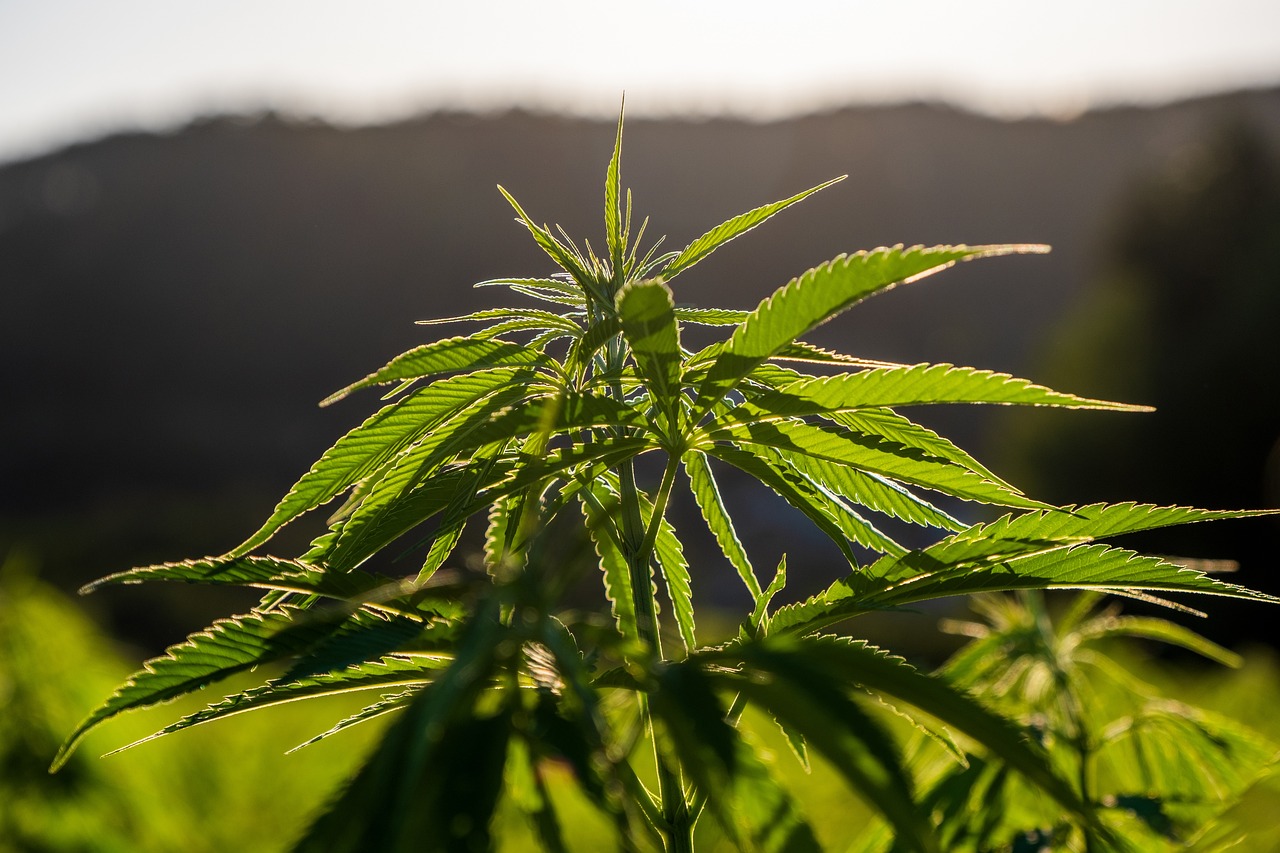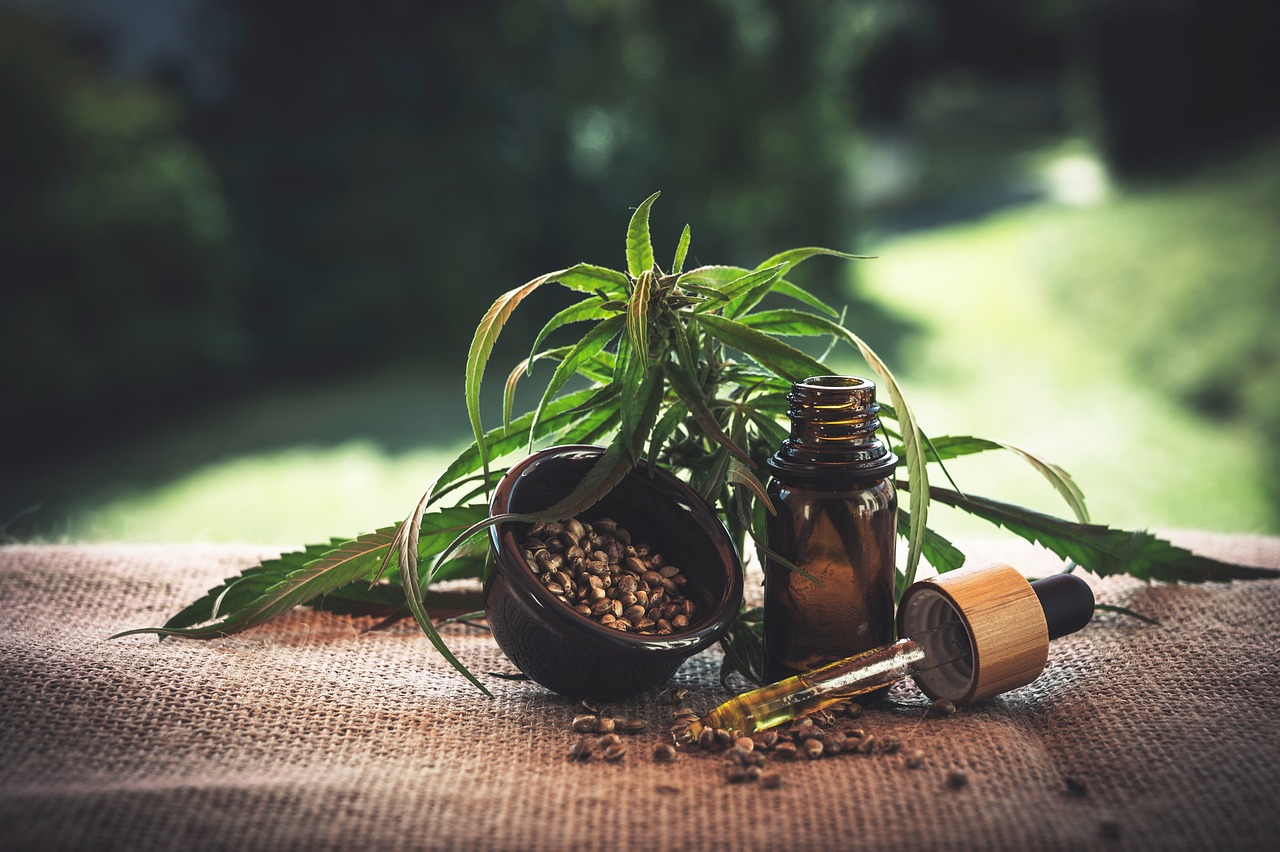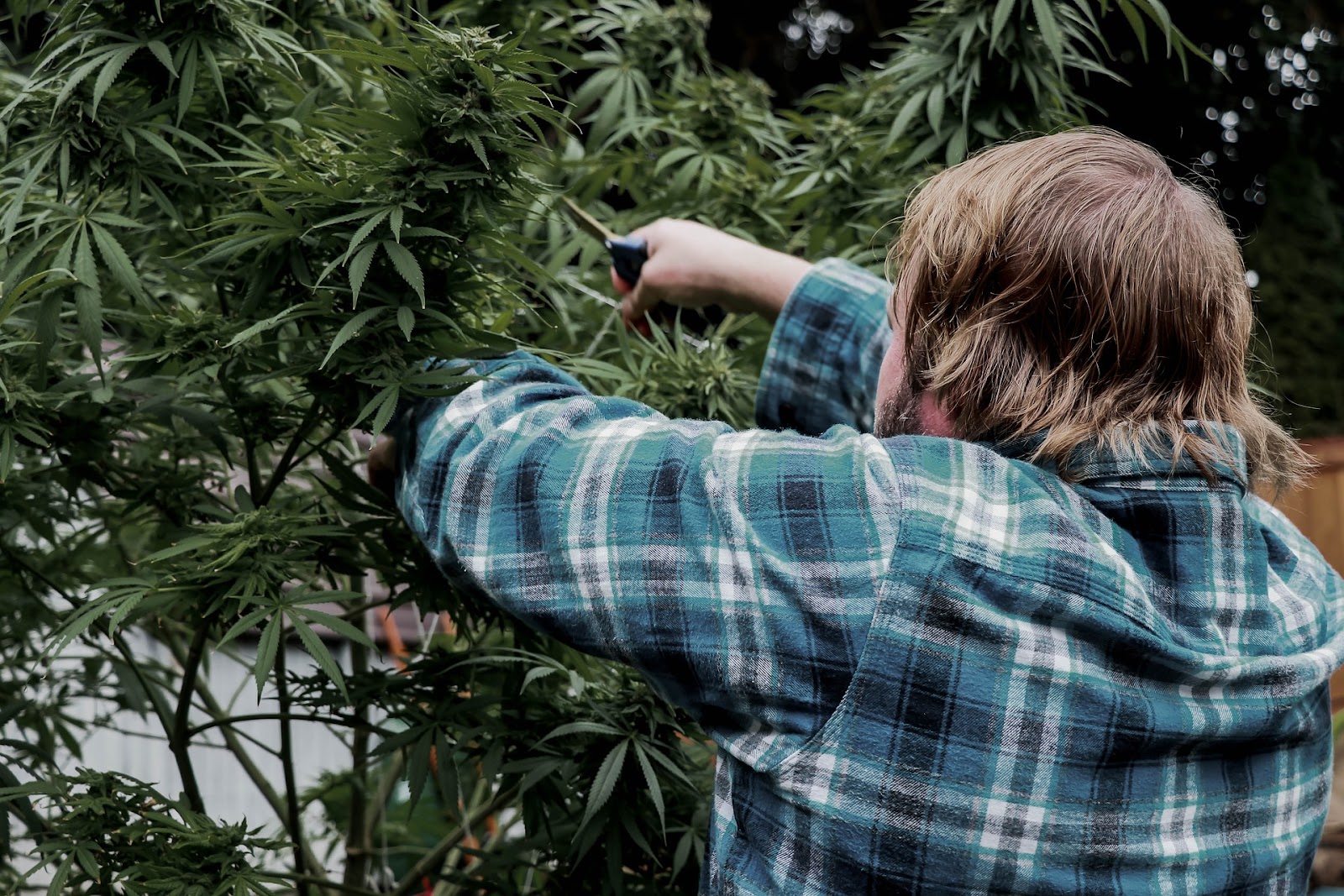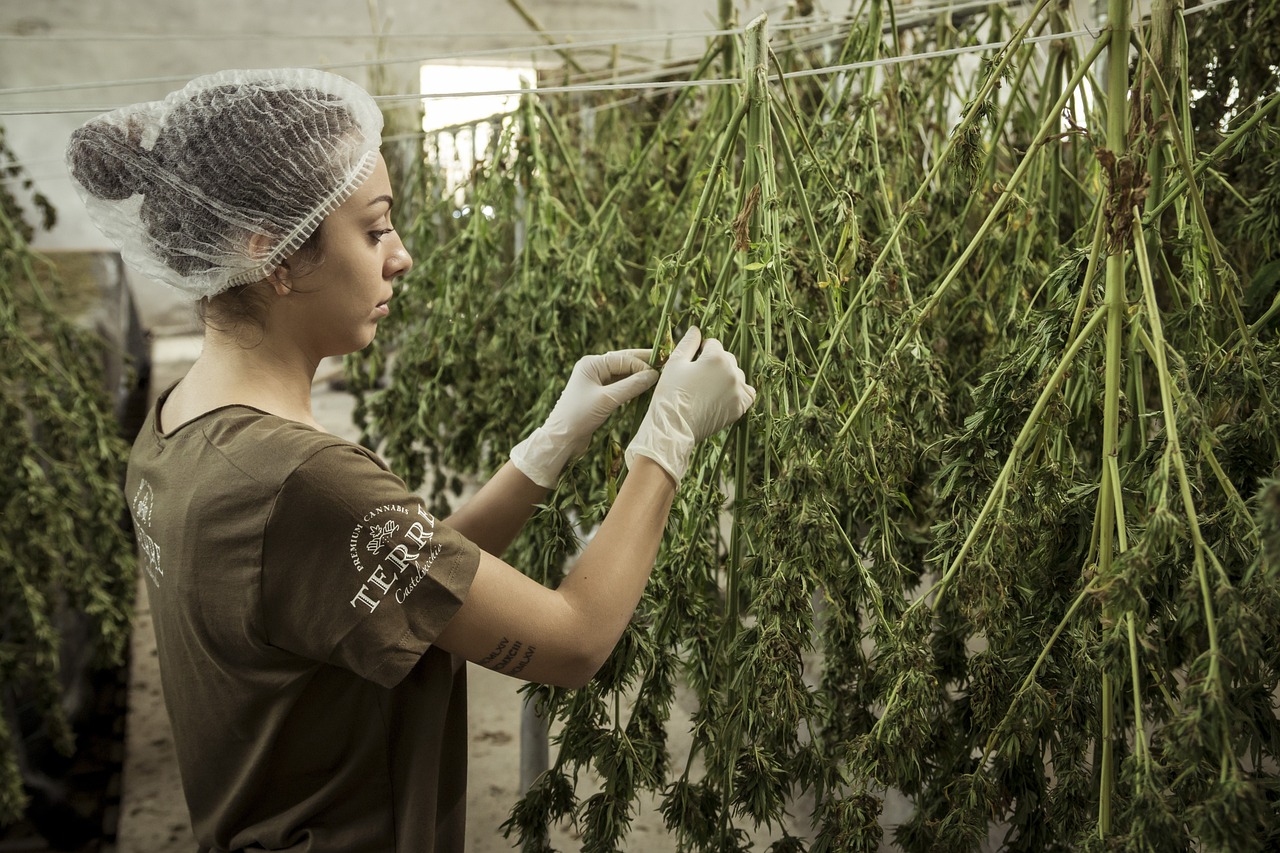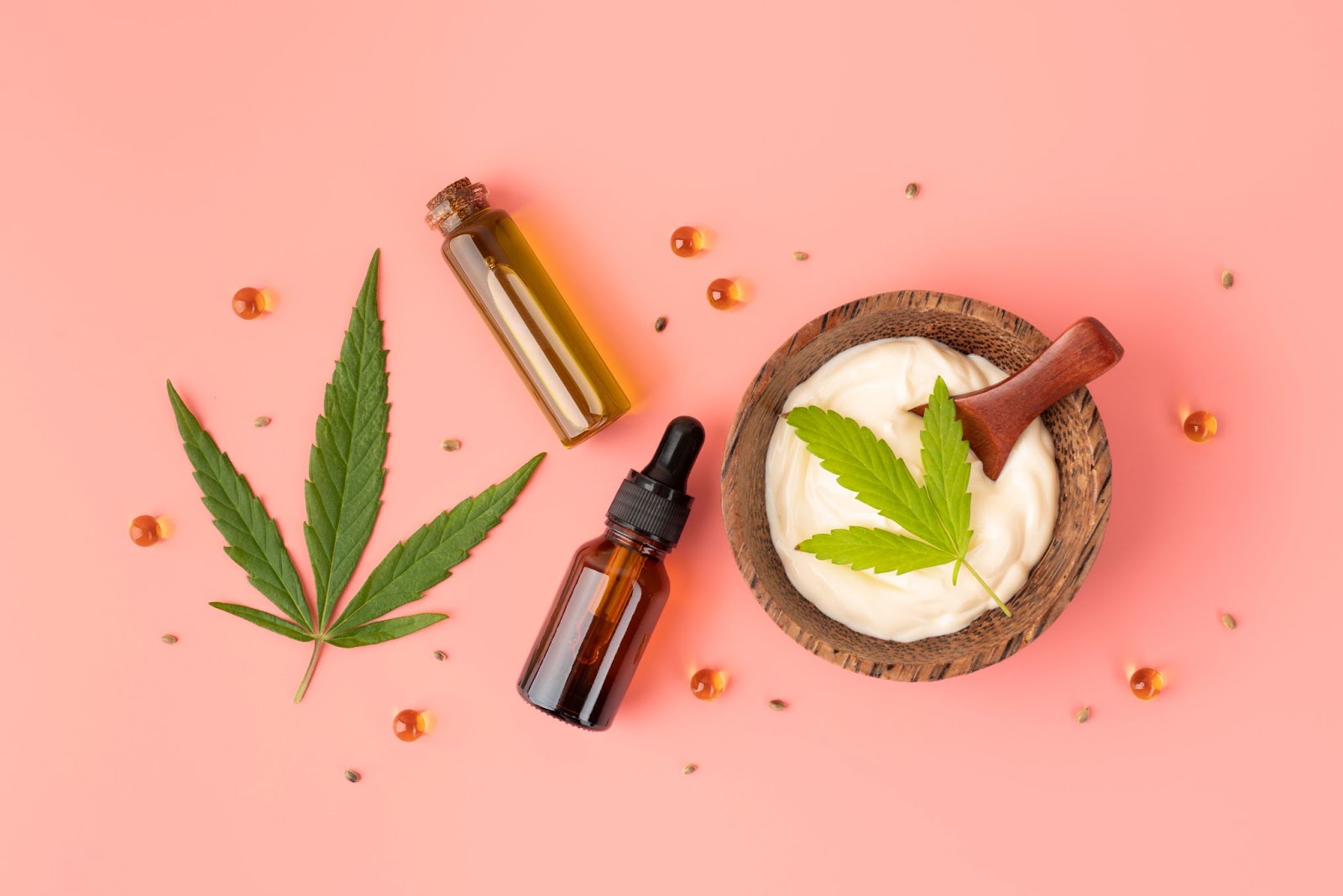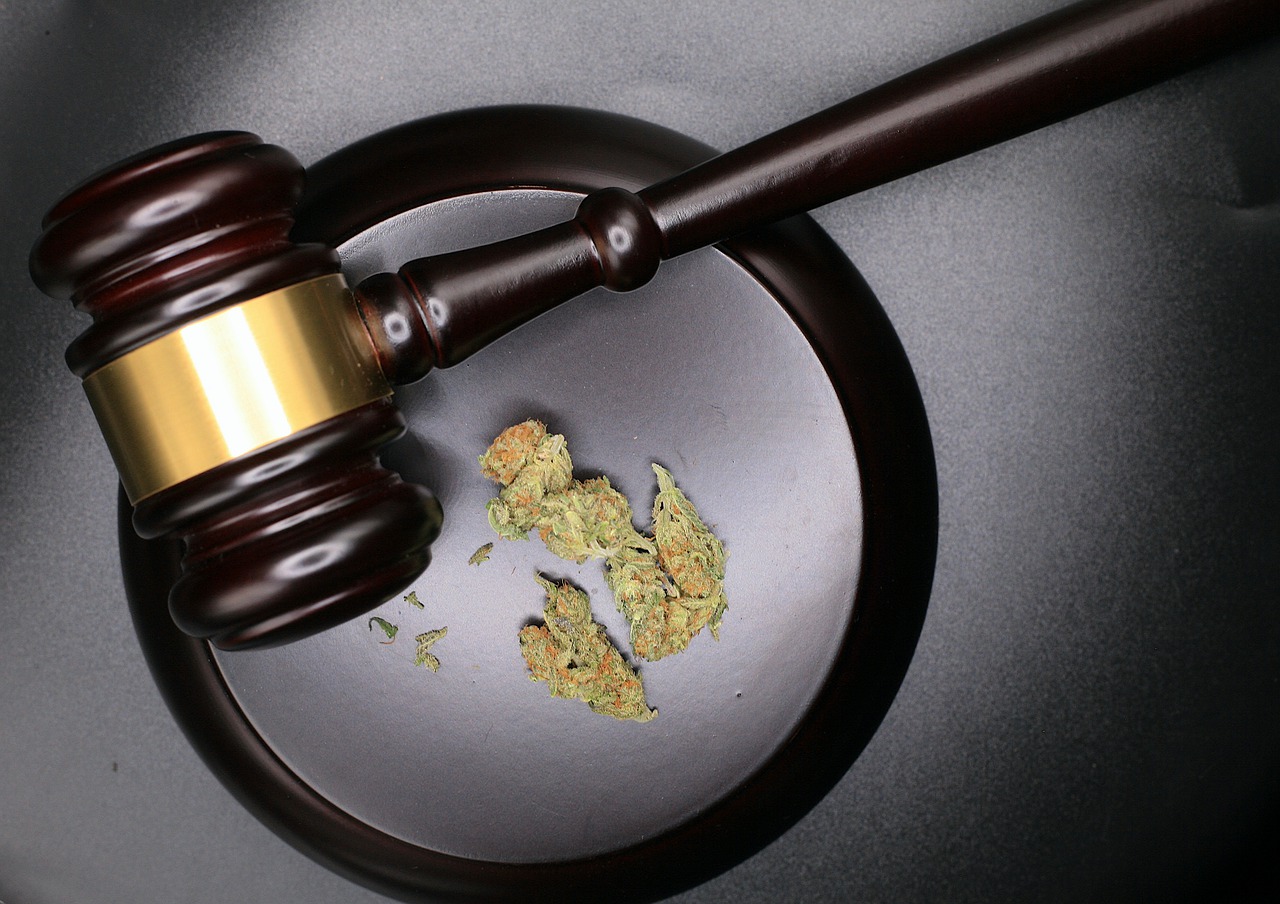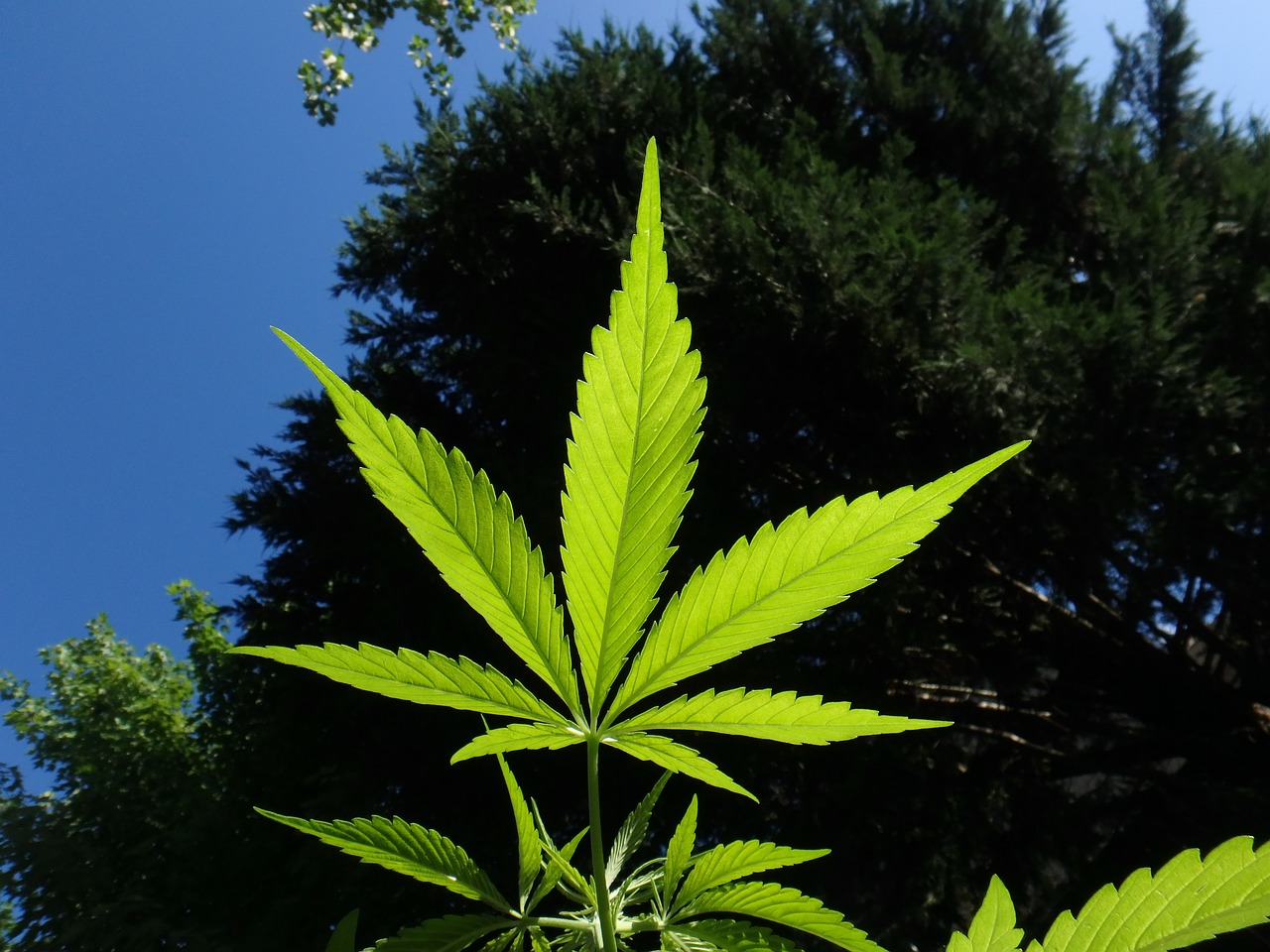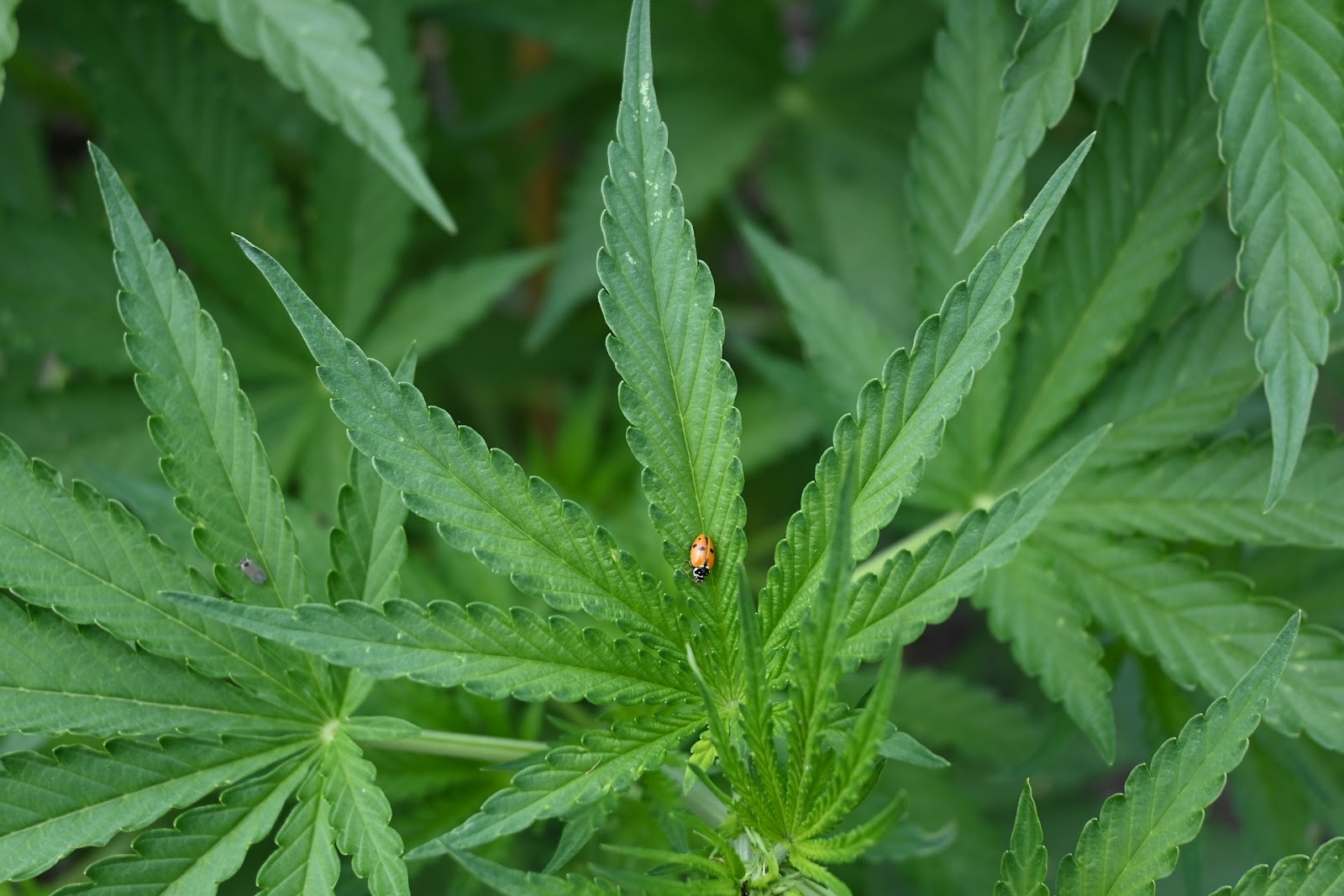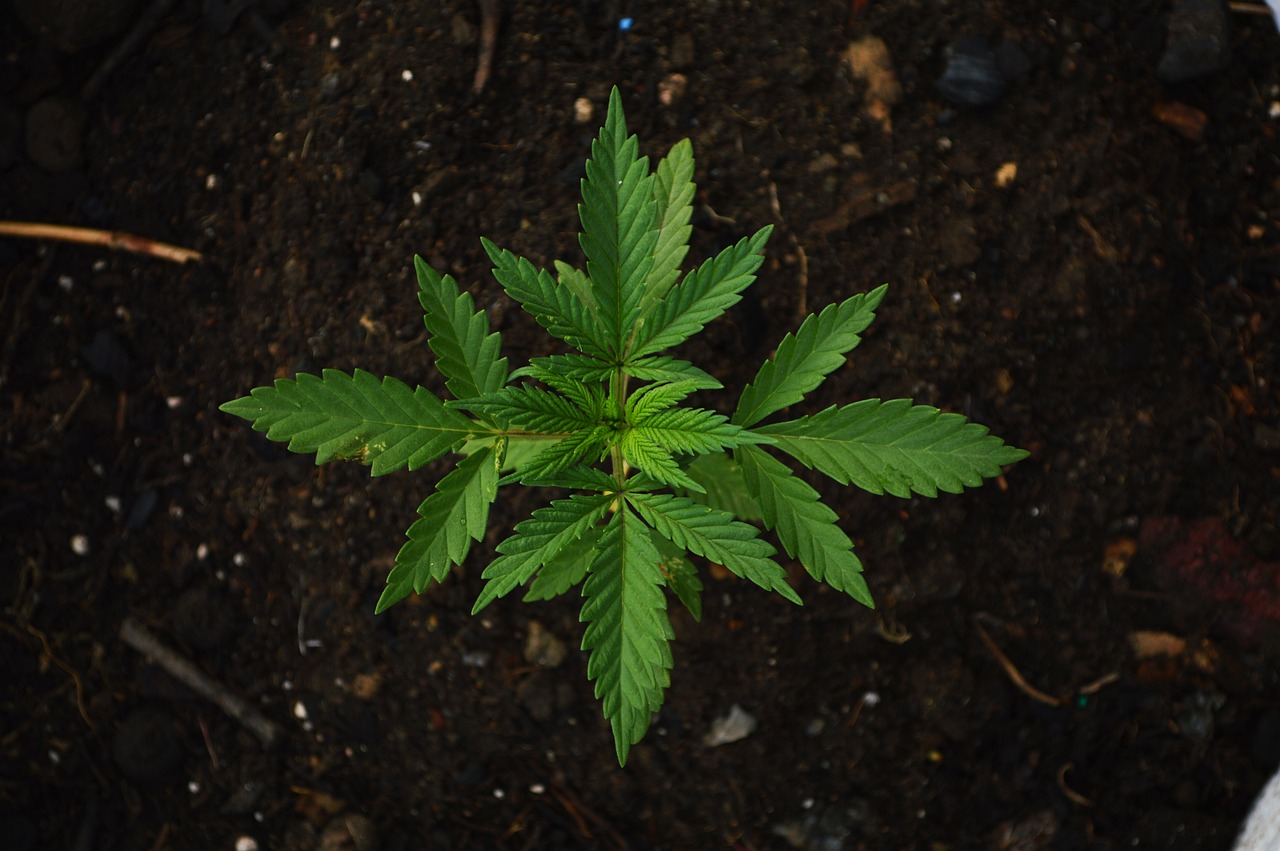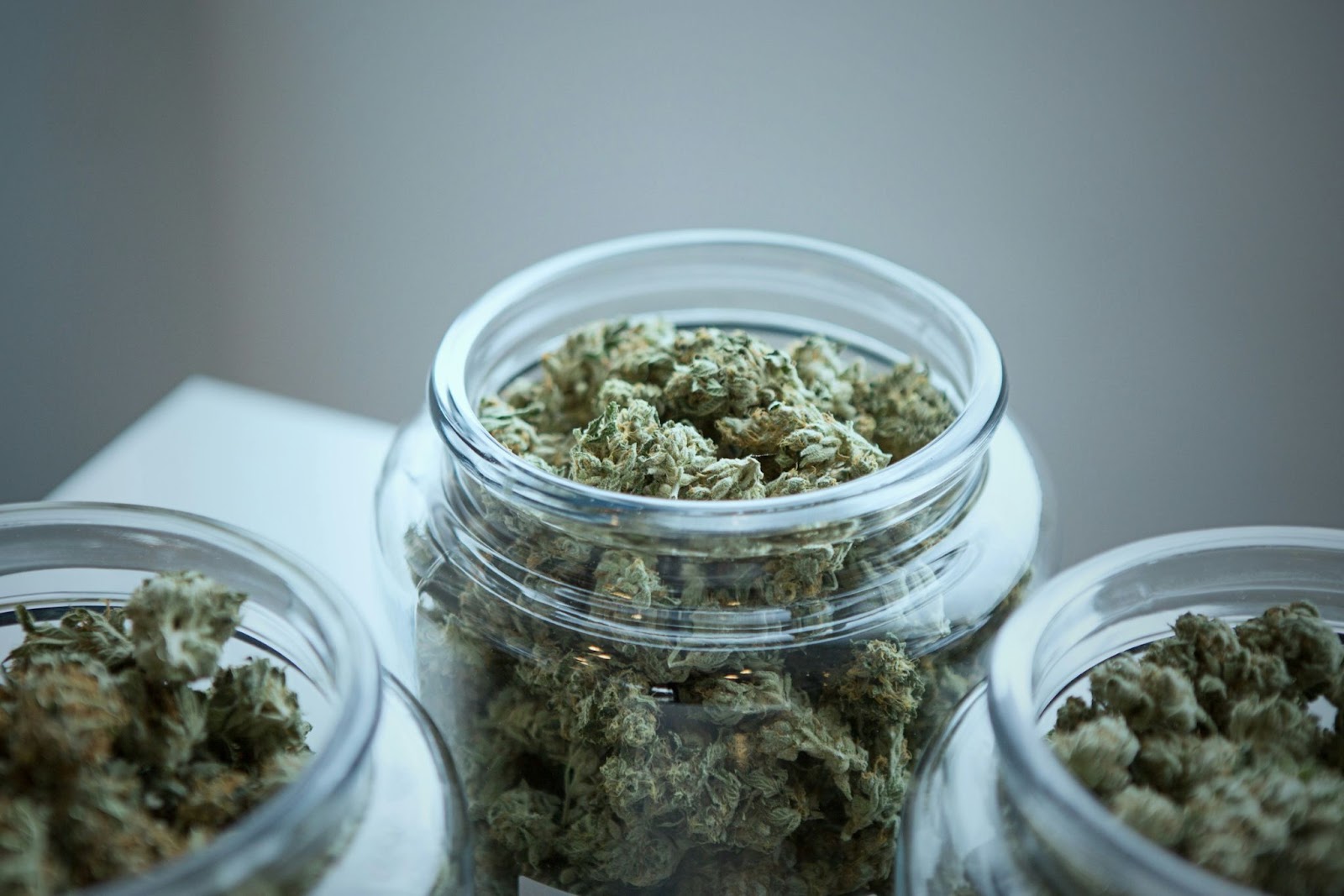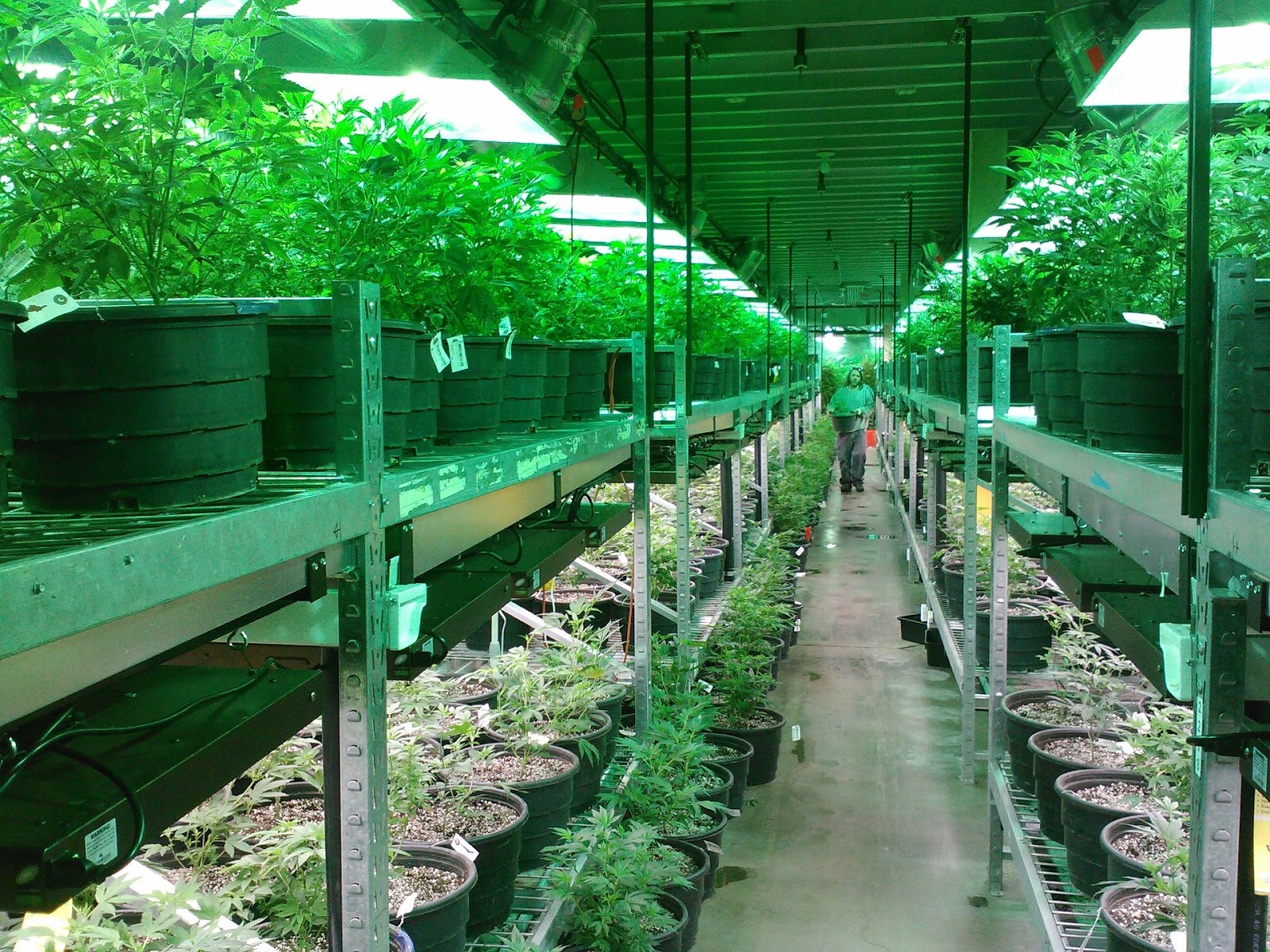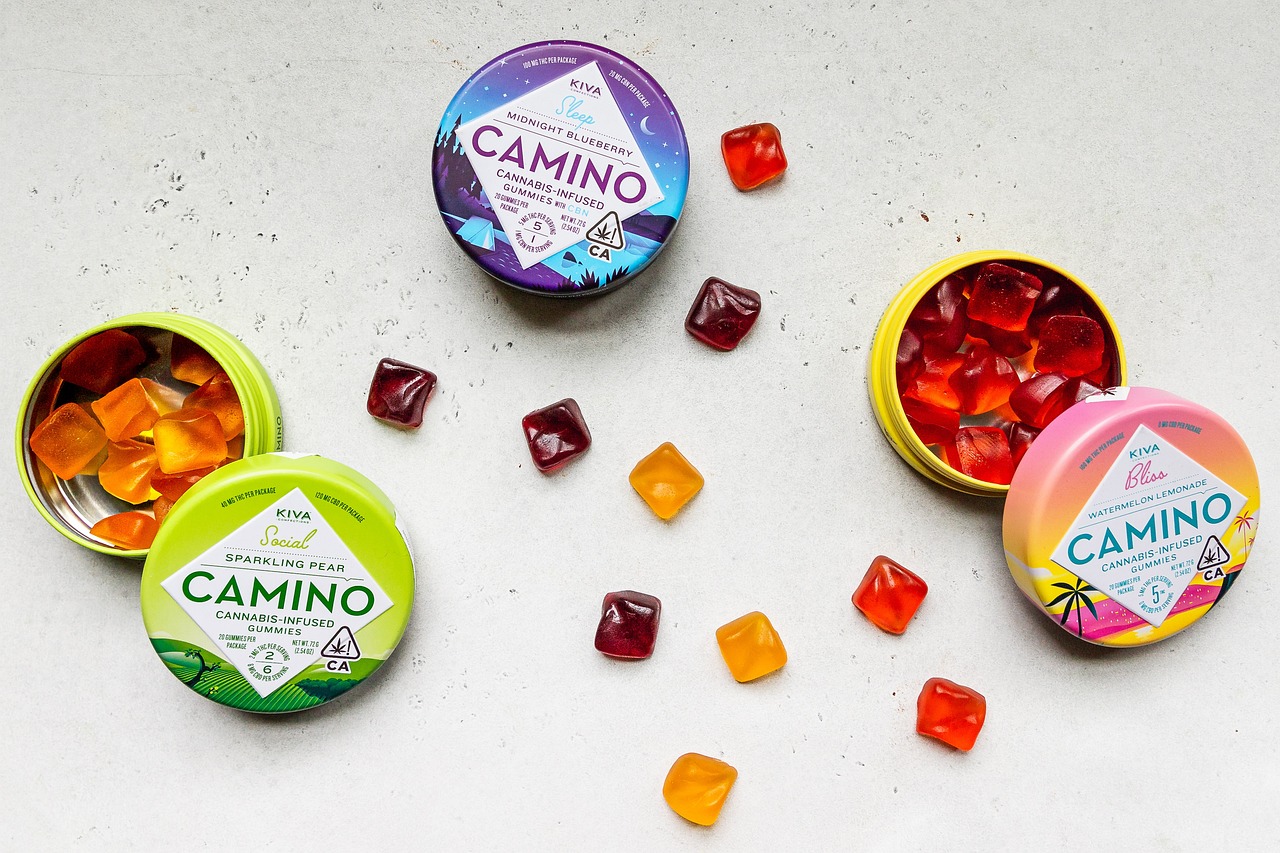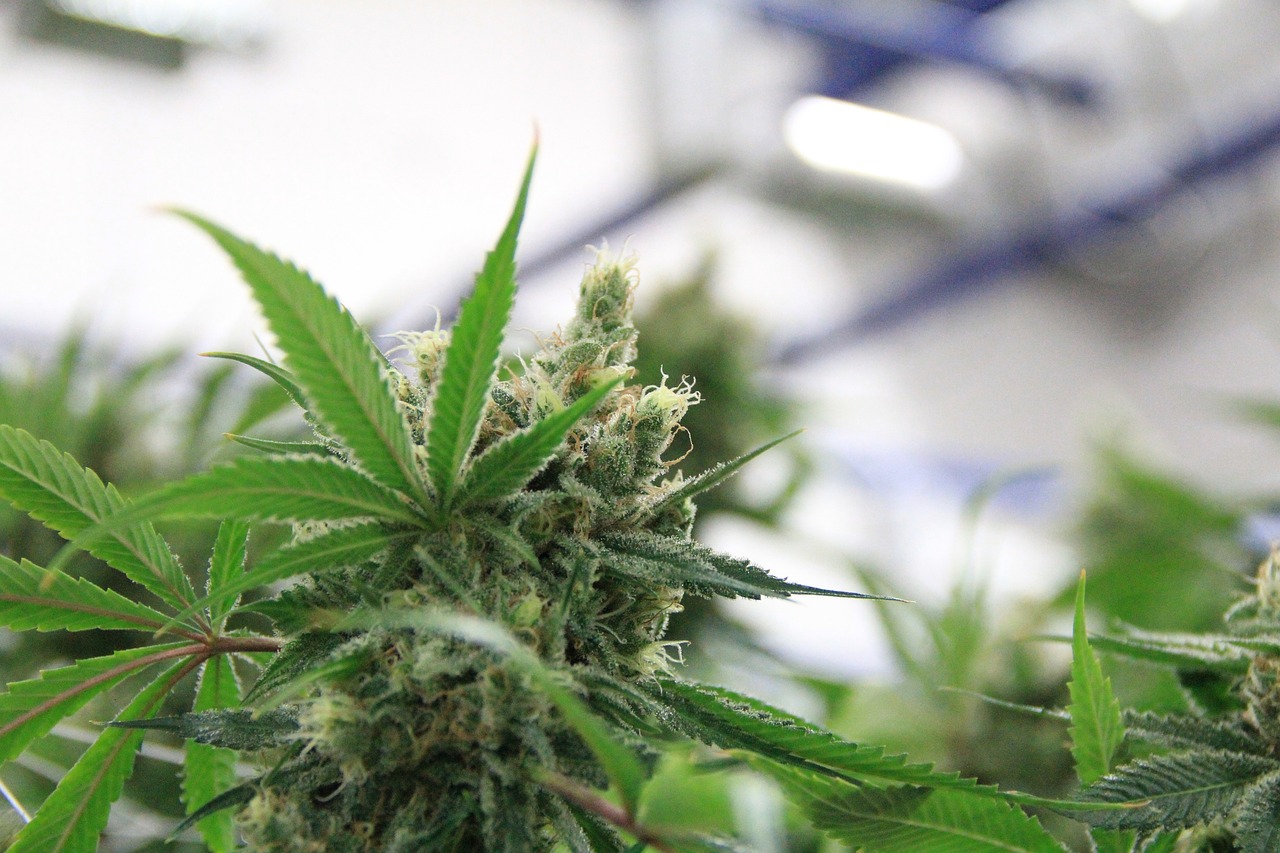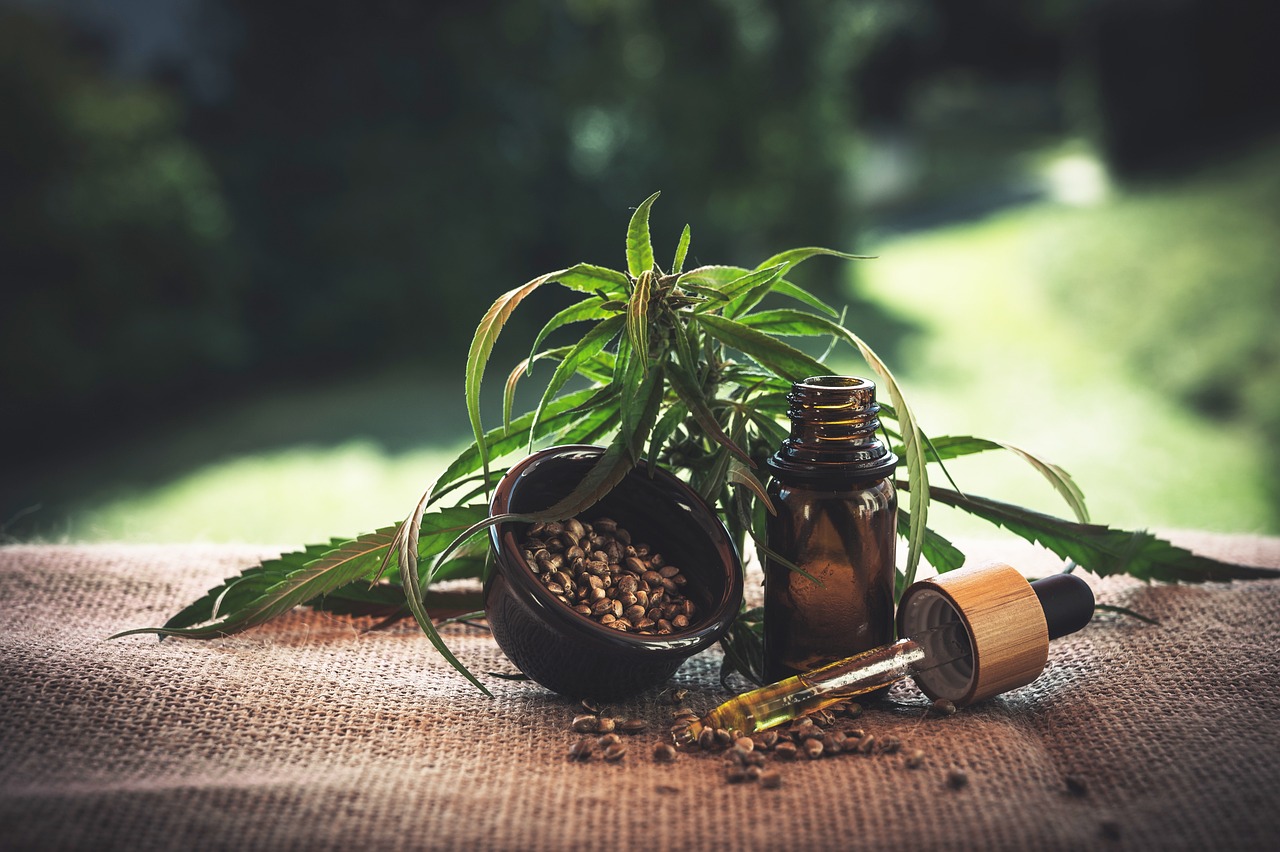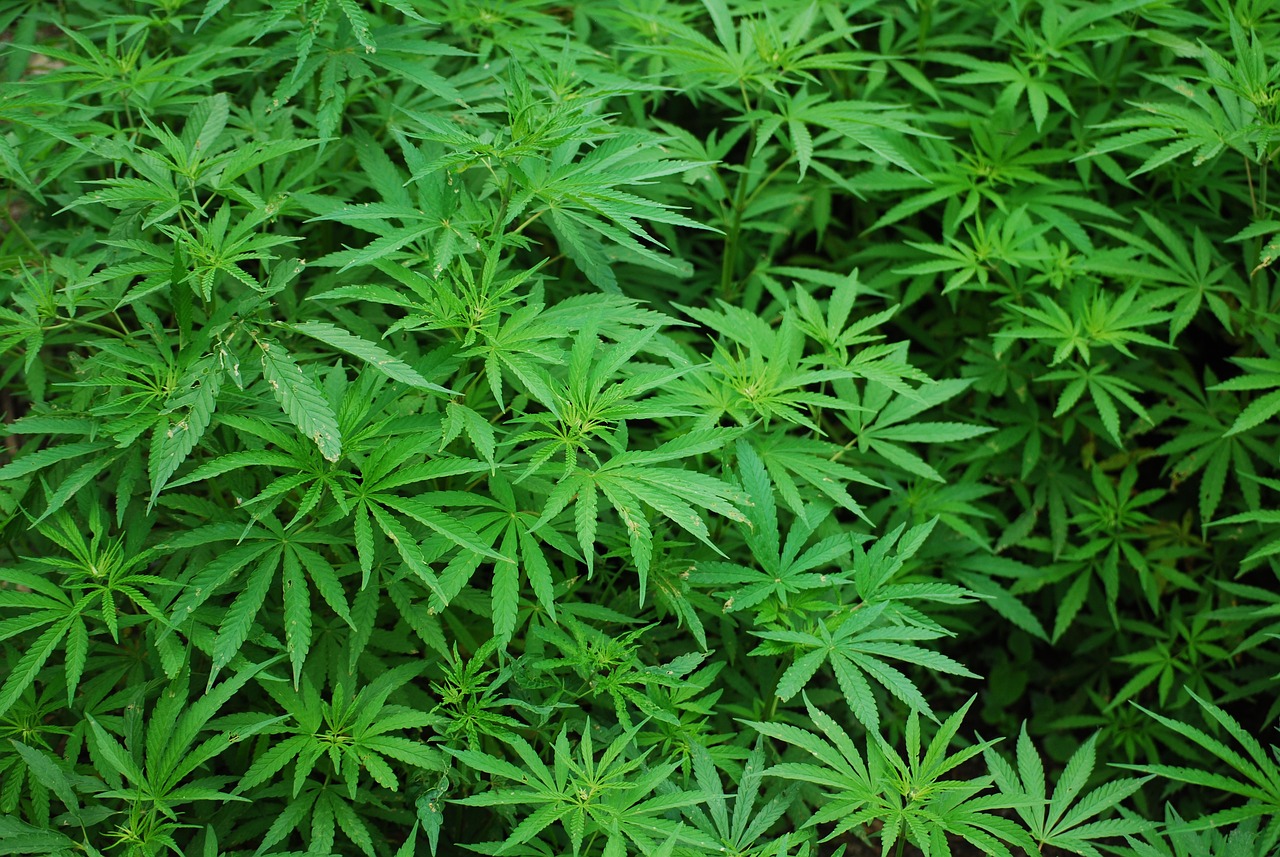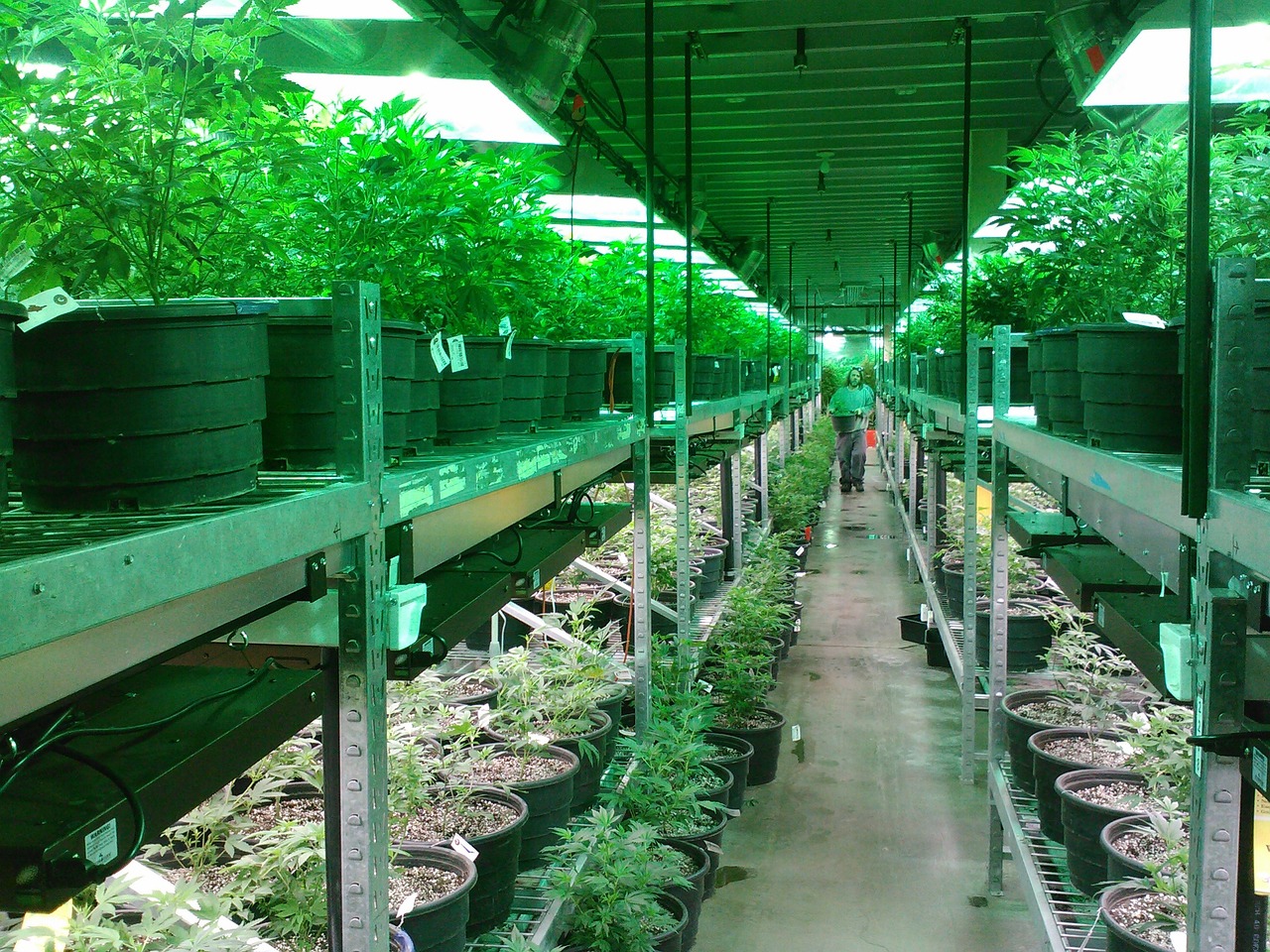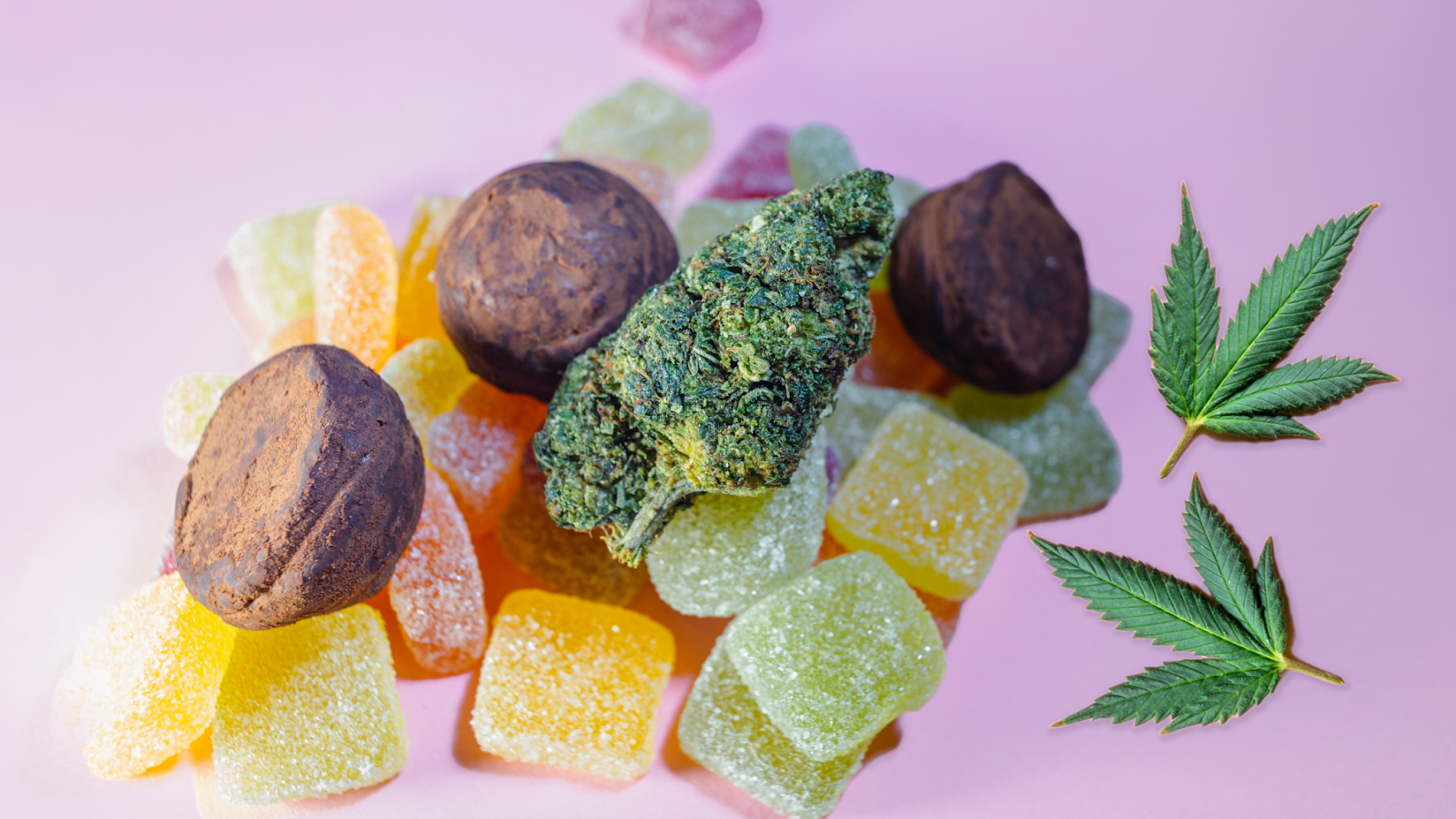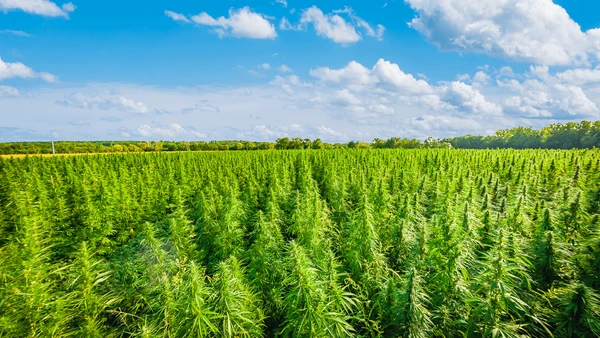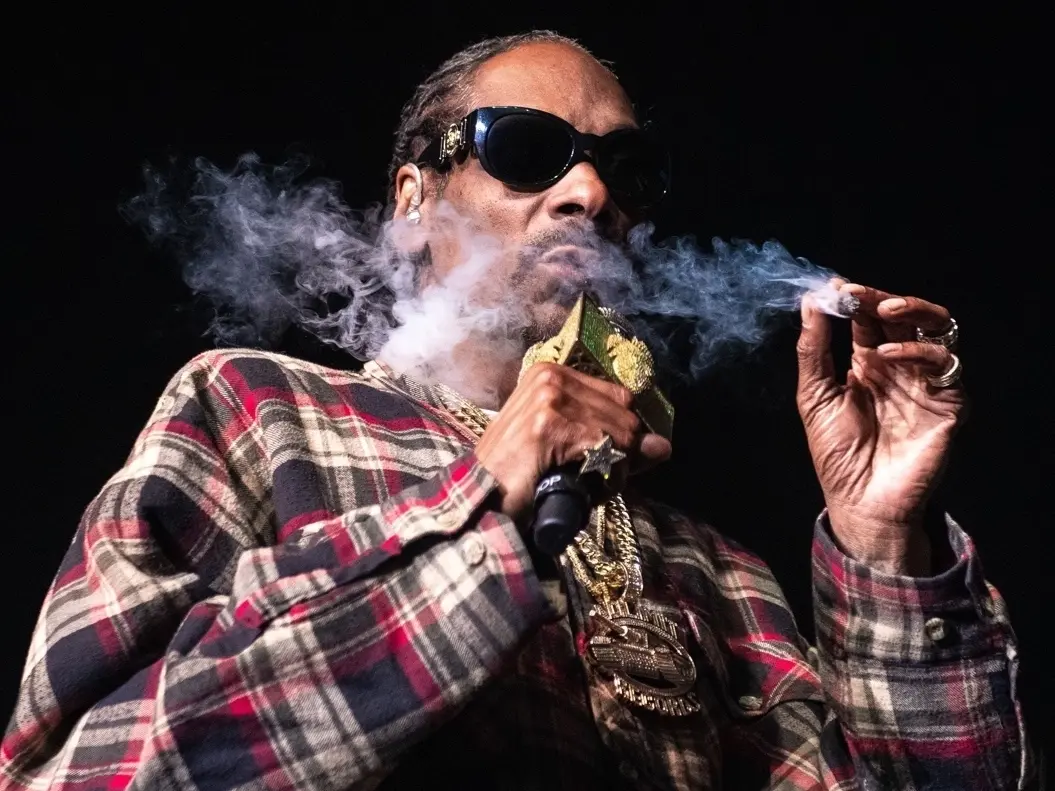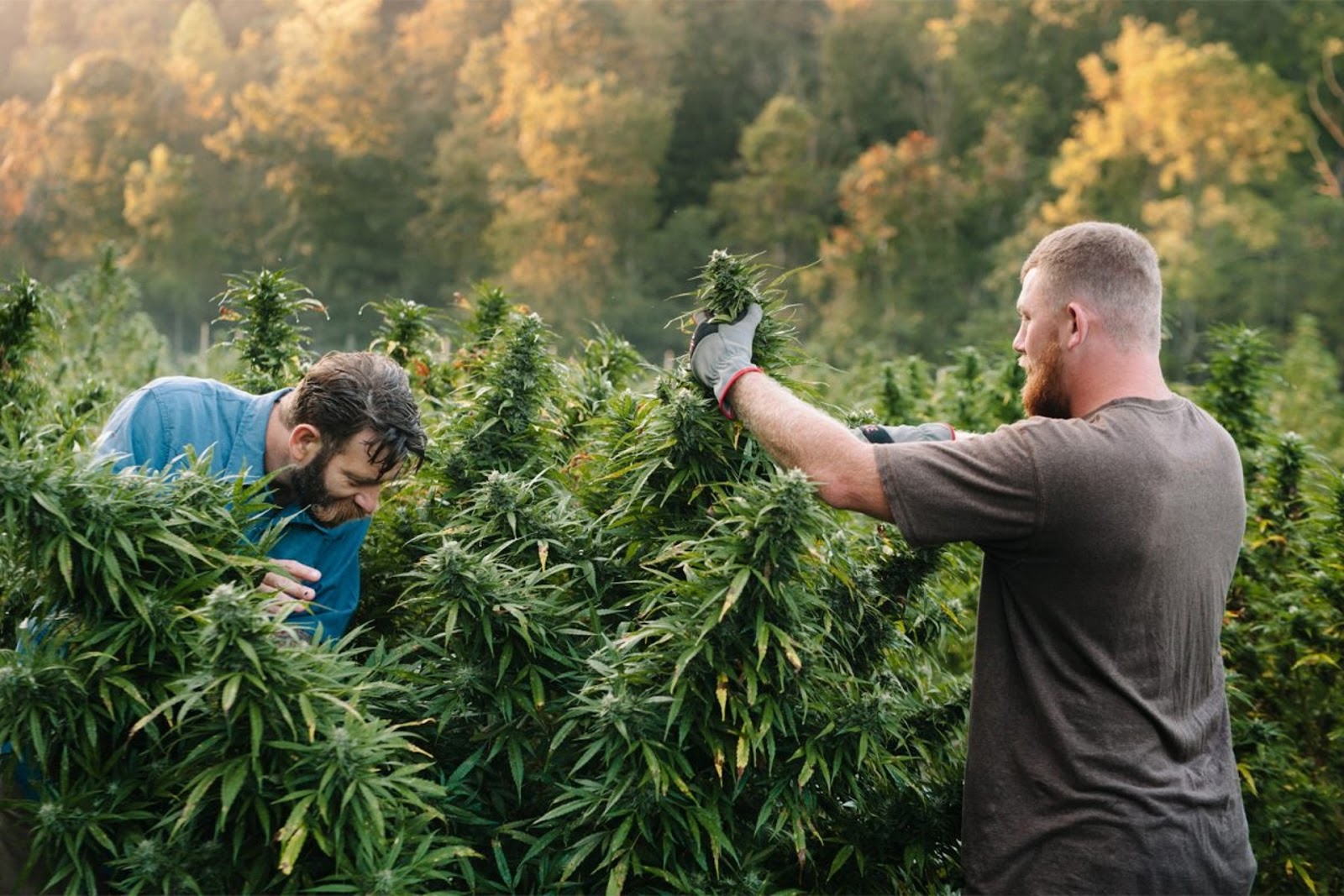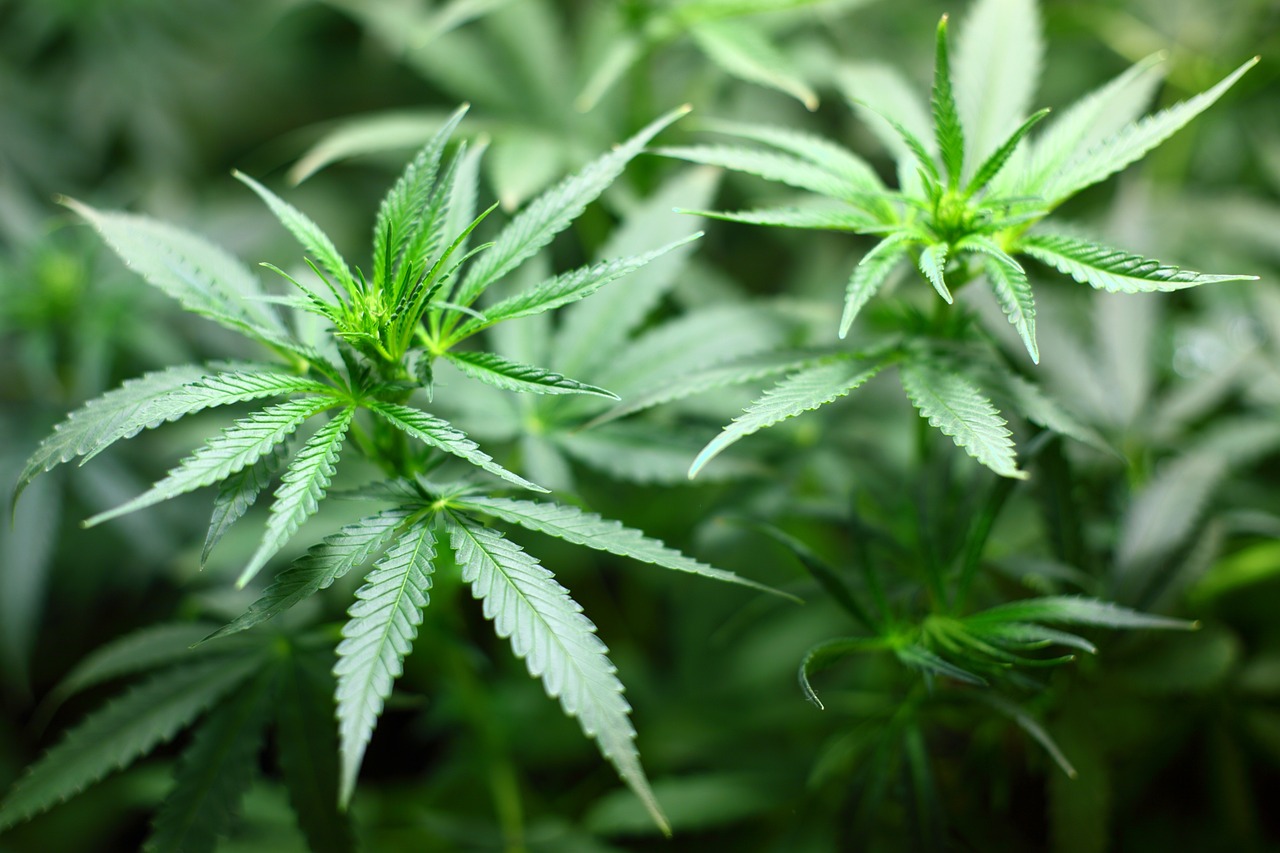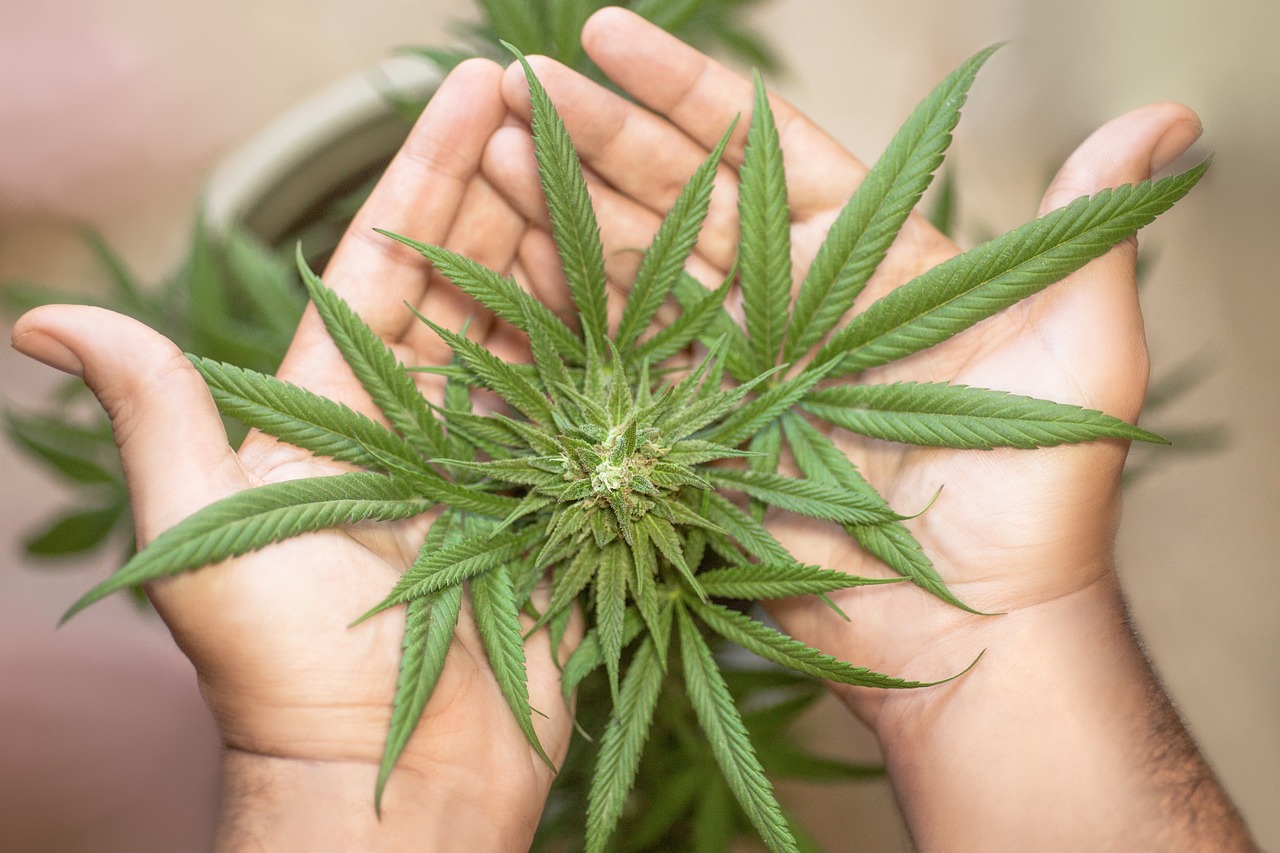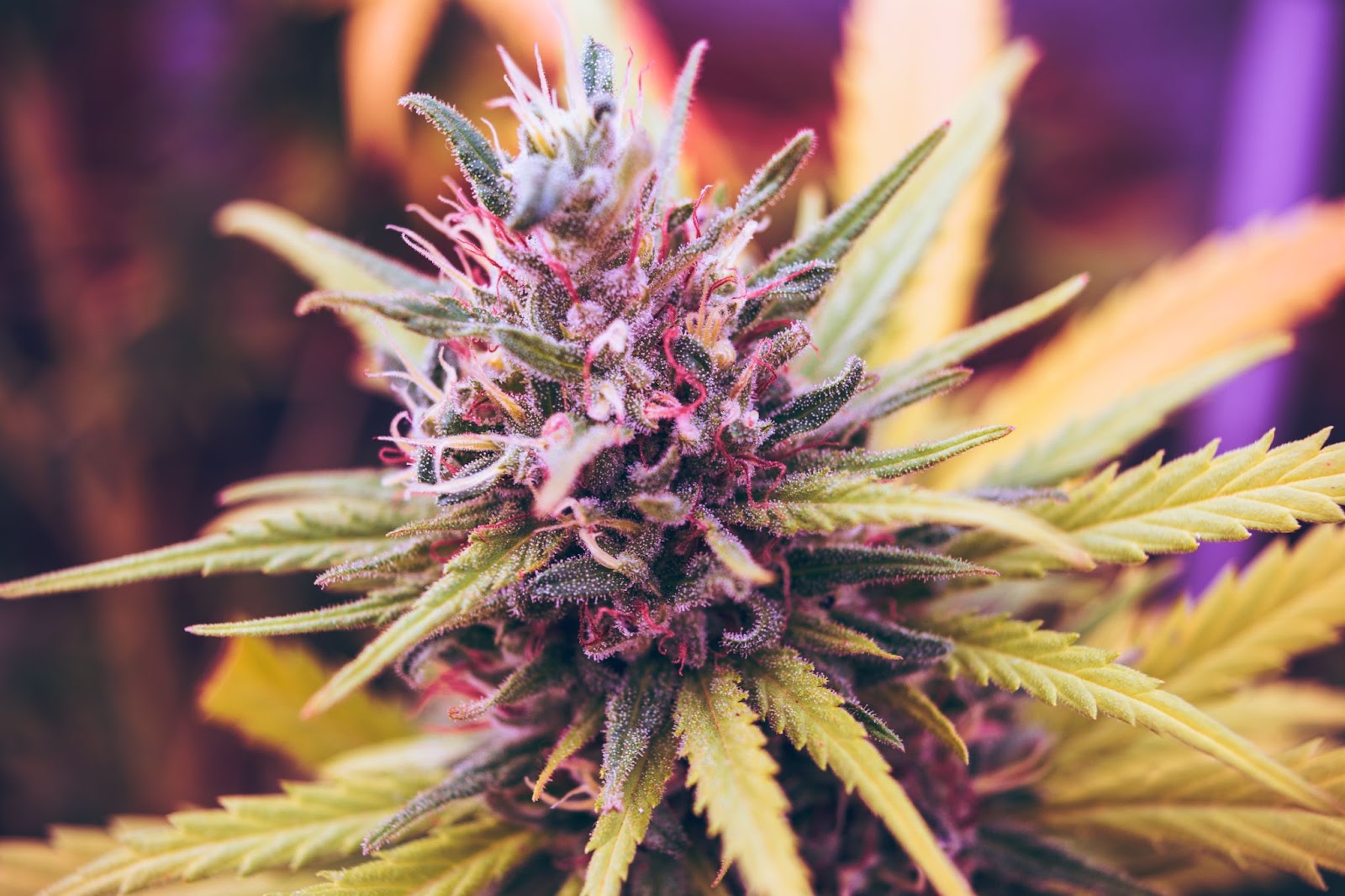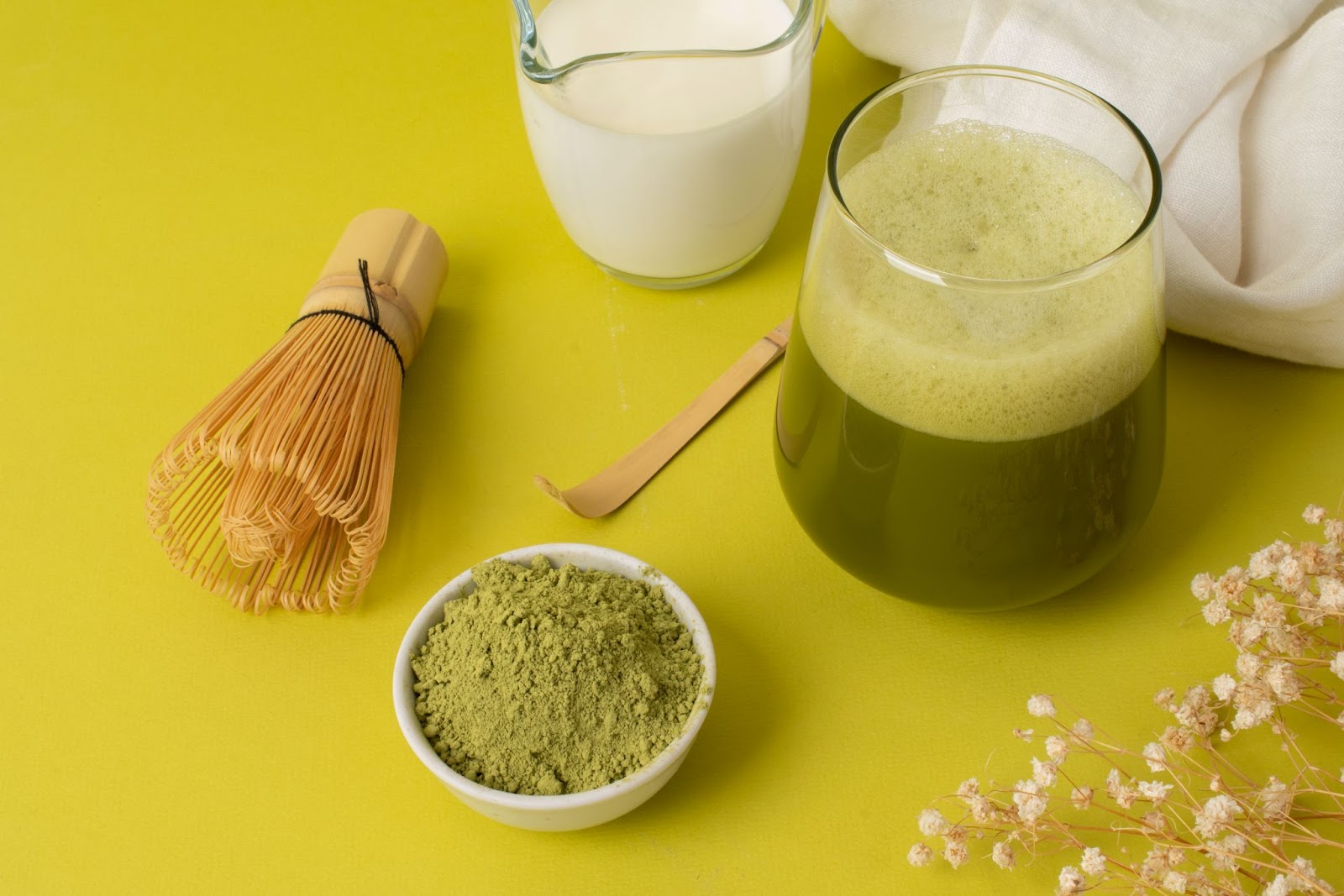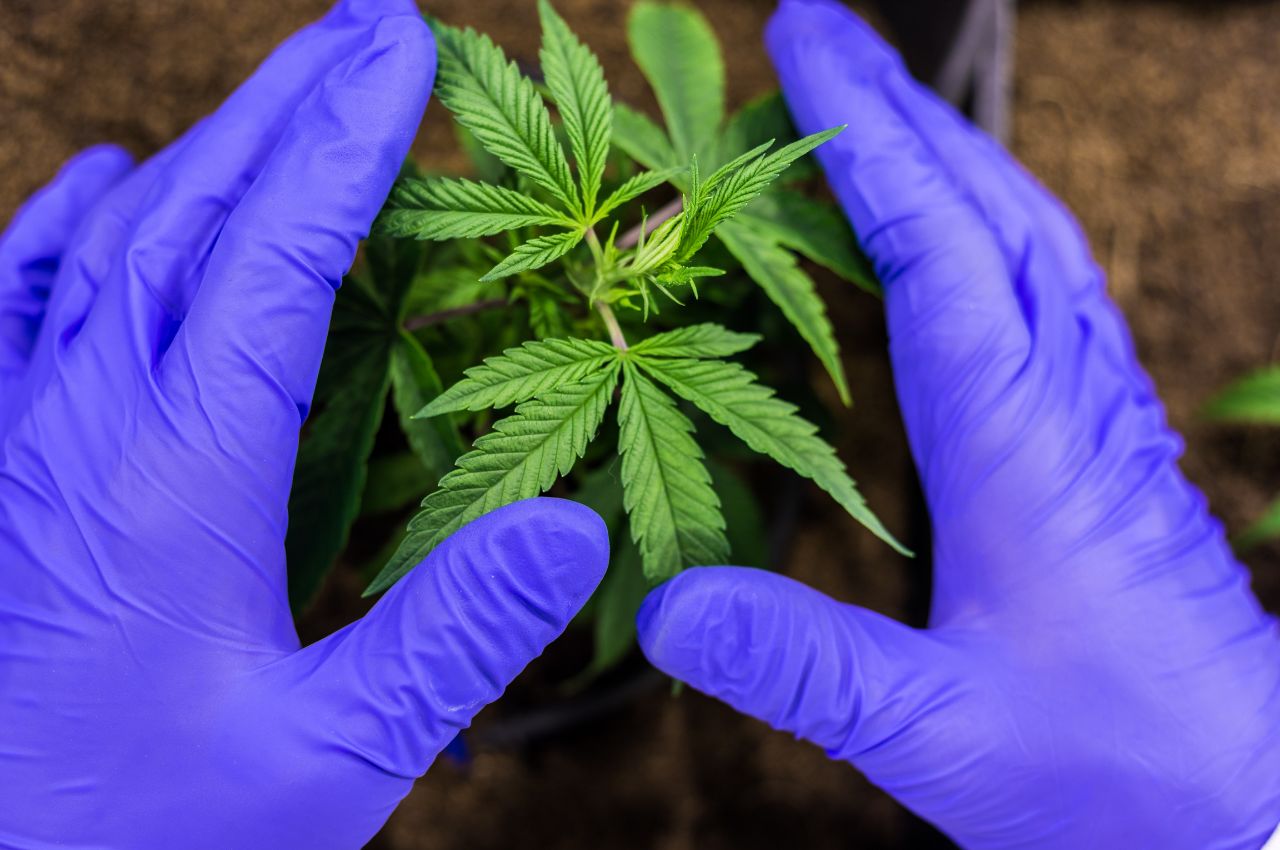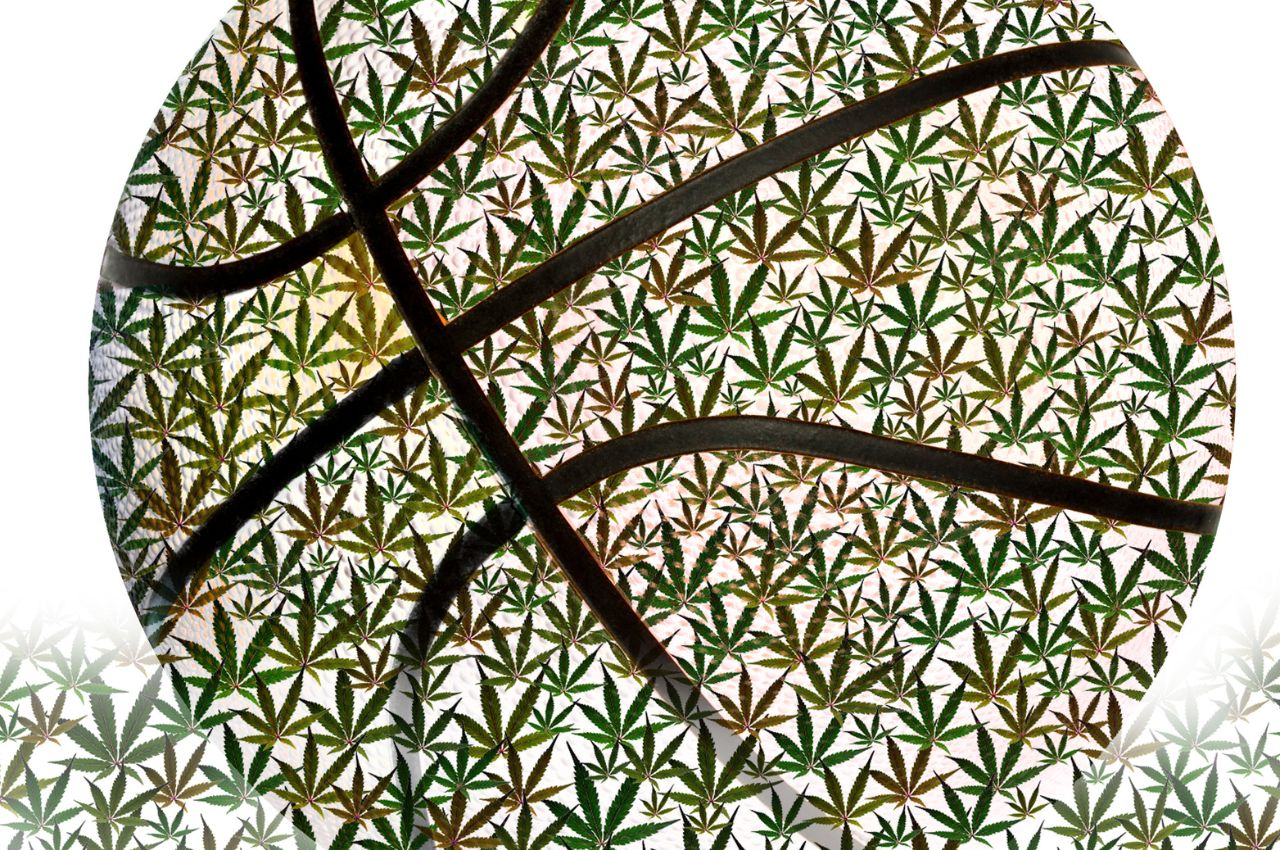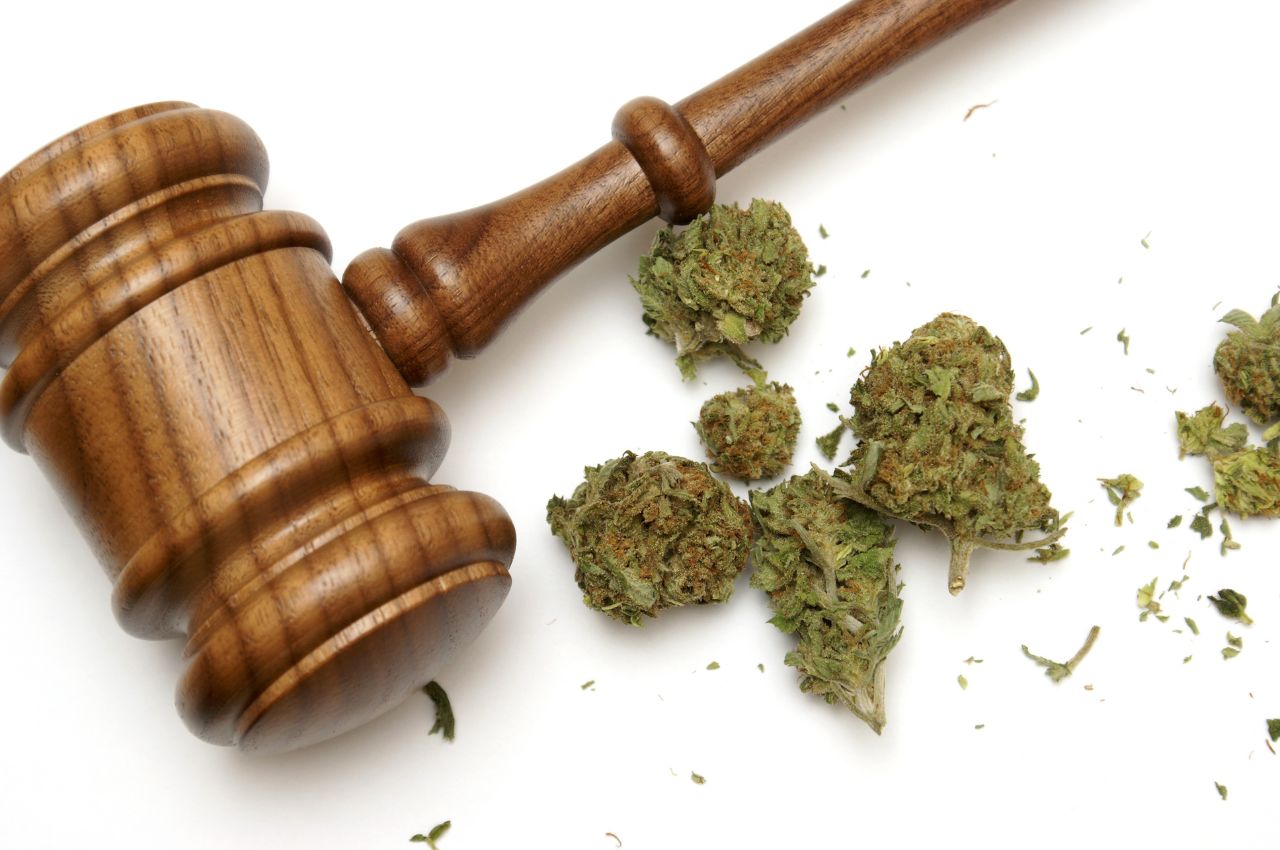New research reveals substantial evidence for the lasting benefits of psilocybin in reducing depression, anxiety, and alcohol abuse. Researchers from Johns Hopkins University, Ohio State University, and Unlimited Sciences analyzed survey data from 2,833 people who had used psilocybin recreationally. After taking the compound commonly found in “magic mushrooms,” participants showed significant and sustained decreases in depression, anxiety, and alcohol misuse.
The research, published recently in the journal Frontiers in Psychiatry, has become the most extensive study on naturalistic psilocybin use so far. Spanning two years, the researchers examined these individuals and their reactions before and after taking psilocybin. The structured surveys, repeated at intervals, provided a comprehensive look into the participants’ mental health and general well-being.
The results were striking: Respondents who initially reported risky alcohol consumption or probable alcohol dependence noted a reduction in their alcohol-related issues after using psilocybin. Beyond reductions in mental health issues, the post-psilocybin data also noted increased extraversion and a significant decrease in neuroticism among participants.
In addition to reductions in mental health symptoms, the study found increases in positive outcomes like cognitive flexibility, emotional regulation, and spirituality. Participants also became more extroverted and less neurotic following their psilocybin use. Remarkably, a guide or sitter during the psilocybin sessions did not appear to influence results. Improvements emerged regardless.

But why would a single dose of psilocybin have such enduring effects? Researchers speculate that the mystical-type experiences psilocybin sometimes produces are key. In the study, 22% of participants reported having a full-blown mystical experience. This sub-group showed especially strong mental health improvements across the board. Psilocybin is thought to dampen activity in brain areas responsible for rigid thinking patterns. This “reset” may open new neural pathways that remain after the drug has left the body, enabling lasting psychological effects.
Scientists emphasize that psilocybin is not without risks and should only be used under medical supervision. But, thus far, research indicates psilocybin is generally safe and non-toxic, especially when consumed in controlled settings. Of course, more research is needed to validate psilocybin’s therapeutic promise fully. However, the mounting evidence has researchers optimistic.
These findings arrive at a pivotal moment for psychedelic science. Several randomized trials of psilocybin-assisted therapy for depression, anxiety, addiction, and other disorders are underway. The American Medical Association and other reputable sources have published findings that mirror these results. Psilocybin is an exciting avenue in mental health research and treatment.
Lawmakers and advocates are also working to reform psychedelic policies at the state and federal levels. Several jurisdictions have already loosened restrictions around psilocybin use and possession. The FDA has granted “breakthrough therapy” status to psilocybin for major depression, speeding its path to potential approval as medicine. Oregon and other states may soon legalize psilocybin-assisted therapy statewide.
The research not only provides robust evidence for the positive impacts of psilocybin but also contributes to the broader conversation about mental health and substance abuse treatment. As the exploration and understanding of psilocybin continue to grow, its potential benefits in mental health care and substance abuse recovery continue to emerge, marking it as a significant component in addressing these critical issues.












